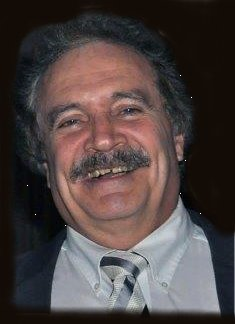Publication
ICCES Program
NEWS
The Publication Schedule is released
The registration procedure on March 24-25 is released
The presentation guideline is released
ICCES announces to present the Satya N Atluri Award, Wei-zhang Chien Award, Eric Reissner Award and the Kobayashi Award in the conference ceremony
Proceedings will be published by Springer and will be indexed in Scopus and Compendex
Social Media
Conference Plenary
+ 查看更多
Plenary Lecture
Prof. Frederick W. (Bud) Brust
Frederick W. (Bud) Brust joined Engineering Mechanics Corporation of Columbus (Emc2) ten years ago as a Senior Partner after working at Battelle Columbus for 25 years where he finished as Senior Research Leader. His technical expertise includes process modeling, fracture mechanics and life prediction methods, composite materials analysis and damage assessment, probabilistic risk assessment, and nonlinear finite element solutions, high temperature creep damage assessment, and weld modeling. He is an active member of several technical societies including ASME (where he is a Technical Fellow) and serves on several Journal editorial boards. He received his M.S. in Purdue University and Ph.D. in Computational Mechanics from Georgia Institute of Technology. Brust has more than 300 publications in refereed international journals, conference proceedings, and moderately reviewed articles and presentations. He holds three US and international patents.
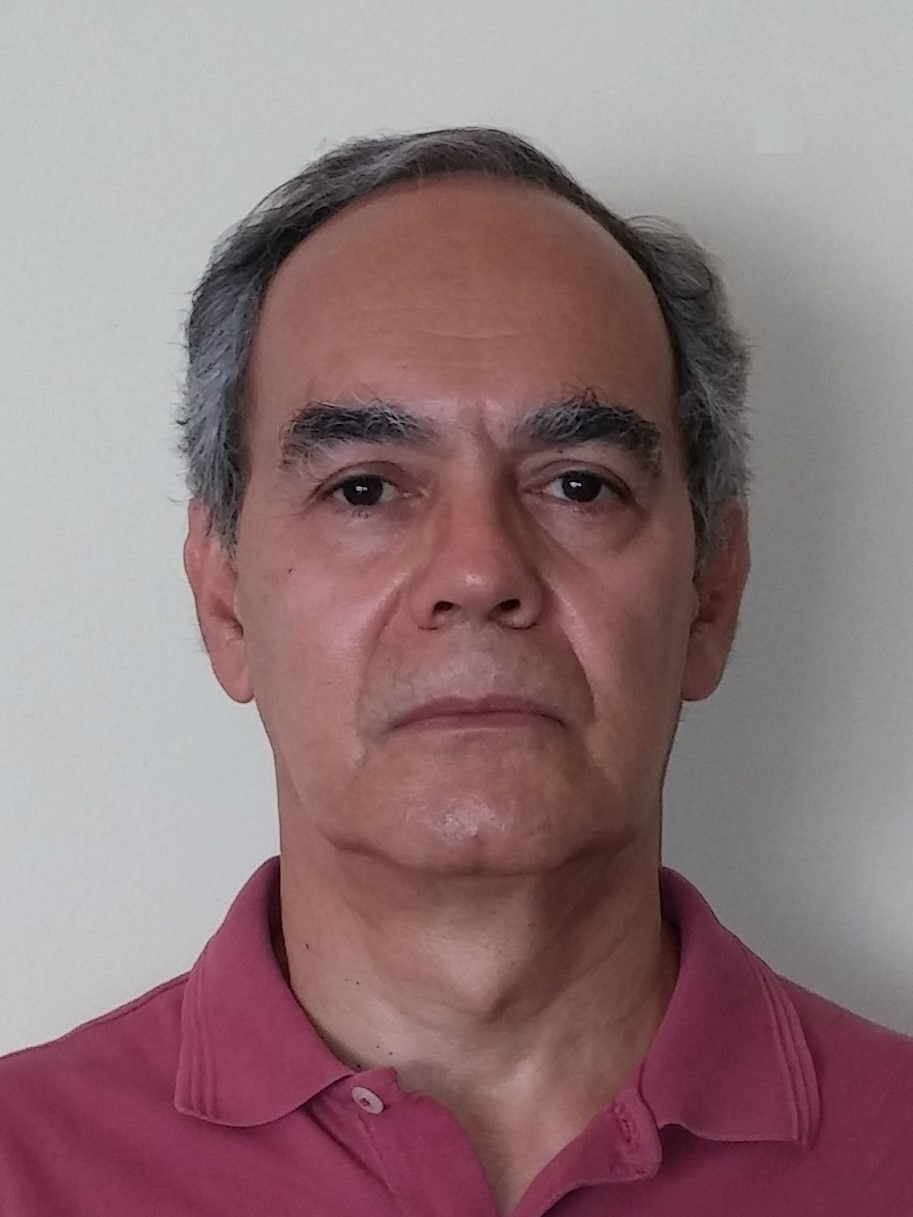 Prof. Ney Augusto Dumont
Prof. Ney Augusto Dumont
Ney Augusto Dumont is a Professor and Head of the Department of Civil and Environmental Engineering at the Pontifical Catholic University of Rio de Janeiro (PUC-Rio), Brazil. He received his BS degree in Civil Engineering at the Federal University of Bahia, Brazil, in 1972, and the MS and Dr.-Ing. degrees in Structural Engineering at PUC-Rio, in 1973, and at the Technische Universität Darmstadt, Germany, in 1978, respectively. His research interests are in computational mechanics, variational methods, hybrid methods, FEM, BEM, fracture mechanics, time-dependent problems and gradient elasticity. He has over 150 publications in international journals, conference proceedings, and book chapters. He is Distinguished Fellow of ICCES since 2014.
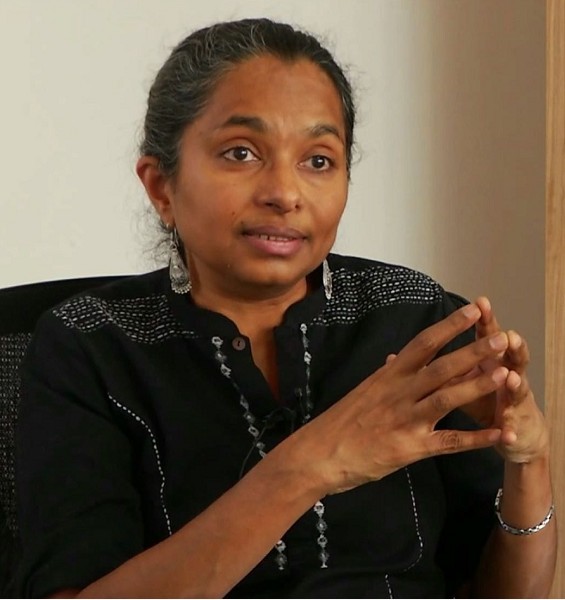 Prof. Rama Govindarajan
Prof. Rama Govindarajan
Rama Govindarajan is the professor of International Centre for Theoretical Sciences. Her Research interests include Fluid dynamics flow instability, vortex dynamics, stratified and interfacial flows – on scales from laboratory to ocean and atmosphere. Her recognition includes Platinum Jubilee Prize, Aerospace Engineering Department, Indian Institute of Science, Fellow of the American Physical Society (Division of Fluid Dynamics), Fellow of the Indian Academy of Sciences, Bangalore and so on.
 Prof. Wanlin Guo
Prof. Wanlin Guo
Wanlin GUO, Ph.D. Academician of Chinese Academy of Sciences, chair Professor in mechanics and nanoscience, founder and director of the Key Laboratory of Intelligent Nano Materials and Devices of Ministry of Education and the Institute of Nanoscience of Nanjing University of Aeronautics and Astronautics. He received the National Science Foundation of China for Distinguished Young Scholars in 1996 and the honor of Cheung Kong Scholars in 1999. In 2005, he leaded a team in Nanoscale Physical Mechanics enters the Cheung Kong Scholars Excellent Team Programme of the Ministry of Education of China. In 2010, he founded Key Laboratory of Intelligent Nano Materials and Devices of the Ministry of Education of China. In 2012, he obtained the National Nature Science Prize of China. He has published 400+ refereed papers in mechanics-related journals such as Nature Nanotech, Nature Comm., Phys. Rev. Lett., Nano Lett., J. Am. Chem. Soc., Adv. Mater., J. Mech. Phys. Solids, Phys. Rev. B, Appl. Phys. Lett., Int. J. Strct. Solids, Int. J. Fracture, Int. J. Fatigue, Int. J. Plasticity, Engng Fracture Mech. et al. His current research focuses on 1) three dimensional fatigue fracture and damage tolerance and durability design of structures; 2) intelligent nano materials and devices, multiscale physical mechanics, novel conception and technology for efficient energy conversion; 3) molecular physical mechanics for neuronal signaling and molecular biomimics.
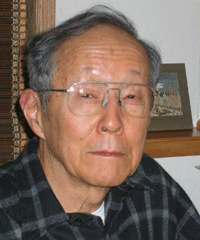 Prof. Albert S. Kobayashi
Prof. Albert S. Kobayashi
Dr. Albert S. Kobayashi has been professor emeritus in the Department of Mechanical Engineering, University of Washington, since June 1997. Dr. Kobayashi is a member of the National Academy of Engineering, a Fellow of the American Society of Mechanical Engineers (ASME), Honorary Life Member of the Society for Experimental Mechanics (formerly SESA and now SEM) and member of the American Academy of Mechanics. He was the president of SEM for 1989-90. His publications, which exceed 500, cover the fields of experimental stress analysis, finite element analysis, and biomechanics in addition to his main interest in fracture mechanics. He was the recipient of the Order of the Rising Sun, Gold Rays with Neck Ribbon (Kun Santou Kyokujitsu Chuujusho) from the emperor of Japan on April 29, 1997, the ASME Daniel Drucker Medal in 2007 and the ASME Nadai Medal in 2010. He was elected Honorary Fellow of the International Congress of Fracture in March 2005, to the Hall of Fame of the UW Department of Mechanical Engineering in August 2006 and received the College of Engineering Diamond Award for distinguished academic achievement in May 2013.
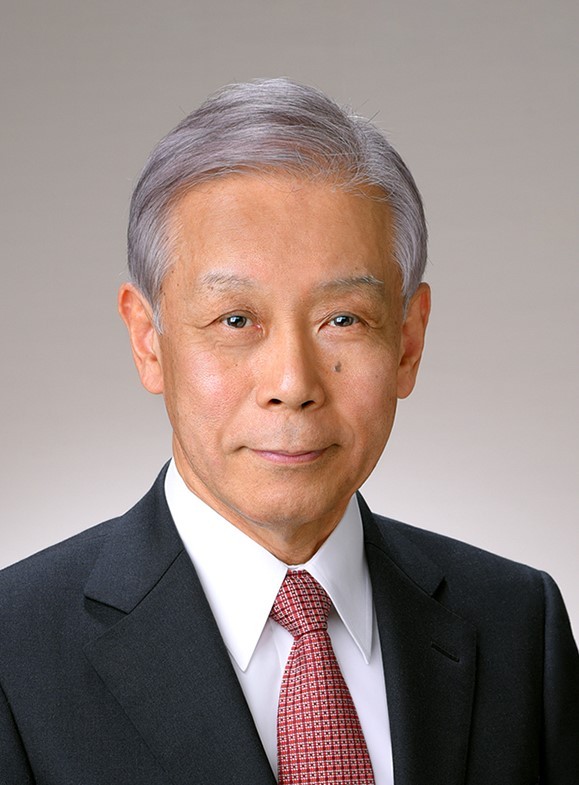 Prof. Yoichiro Matsumoto
Prof. Yoichiro Matsumoto
Dr.Matsumoto is appointed as President of Tokyo University of Science in April, 2018. Before this appointment, he was Executive Director of RIKEN from 2015 to 2018. Dr. Matsumoto received his Bachelor’s, Master’s and Doctoral degrees all from the University of Tokyo in Mechanical Engineering respectively in 1972, 1974 and 1977. He became Lecturer of the same University in 1977, Associate Professor in 1978 and full professor in 1992. He served as Dean of School of Engineering from 2006 to 2008, and served as Executive Vice President from 2009 to 2015. He is now Professor Emeritus of the University of Tokyo. Dr. Matsumoto’s recent scientific interests are computational engineering, fluids engineering and biomedical engineering. His research works have received numerous awards; ASME Calvin W. Rice Lecture Award in 2005, JSME Medals for Outstanding Paper, JSME Fluids Engineering Award, JACM Award for Computational Mechanics in 2007, APACM Award for Computational Mechanics in 2010, ASME Ted Belytschko Applied Mechanics Award in 2010, JSME Medal for Outstanding Paper in 2011 and JSMF Lifetime Achievement Award in 2016. He served as President of the Japan Society of Fluid Mechanics in 2004, President of the Visualization Society of Japan in 2007 and President of the Japan Society of Mechanical Engineers in 2010. He is honorary members of VSJ and JSME and Life Time Member of ASME. He is fellows of JSFM, JSME and ASME and member of the Engineering Academy of Japan and cooperation member of Science Council of Japan.
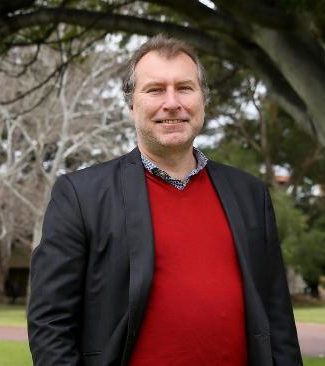 Prof. Karol Miller
Prof. Karol Miller
Karol Miller studied Applied Mechanics and received a PhD in Robotics from Warsaw University of Technology in 1994, and Doctorate of Science (Habilitation) in Biomechanics from the Polish Academy of Sciences in 2003. He has been with The University of Western Australia for twenty years. In 2002 he established the Intelligent Systems for Medicine Laboratory. ISML’s mission is to work towards improving clinical outcomes through appropriate use of technology. It runs exciting research projects funded by the Australian Research Council, the National Health and Medical Research Council (Australia), the National Institute of Health (USA) and other national and international agencies. The overall objective of his research is to help creating methods and tools which will enable a new exciting era of personalised medicine. He is best known for his work on biomechanics of soft tissues and scientific computations for medicine using meshless methods. His current research interests include computational biomechanics for medicine and numerical methods, with applications to surgical simulation, image-guided surgery and, surprise, geomechanics. His research and teaching have been recognised by multiple awards, including the Humboldt Research Award, NVIDIA GPU Computing Champion Award, the Simulation Industry Association Australia Award, the Sir Charles Julius Medal, the Polish Prime Minister Award, the UWA Faculty of Engineering Computing and Mathematics Teaching Award and the UWA Student Guild Choice Award.
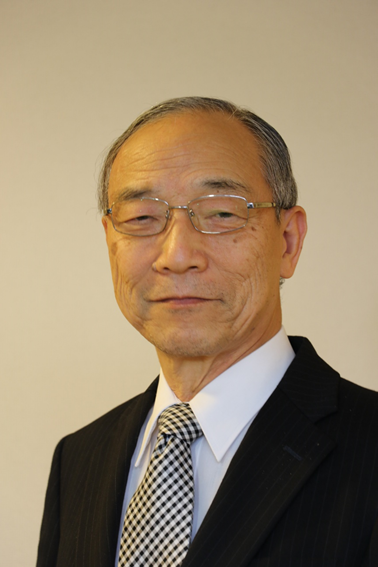 Prof.Yoshiharu Morimoto
Prof.Yoshiharu Morimoto
Yoshiharu Morimoto, the Emeritus Professor at Wakayama University, holding the position of CEO, Chairman of 4D Sensor Inc., Japan. He received the Ph.D. degree in Mechanical Engineering Department from Osaka University, 1981.
Area of Achievement
Image processing and optical methods for shape and deformation measurement
Current Research
He is developing high-speed, highly-accurate and low-cost measurement systems using some optical methods and image processing methods for shape, deformation, and stress and strain measurement.
Accomplished research
He developed some optical methods and image processing methods for shape, deformation, and stress and strain measurement.
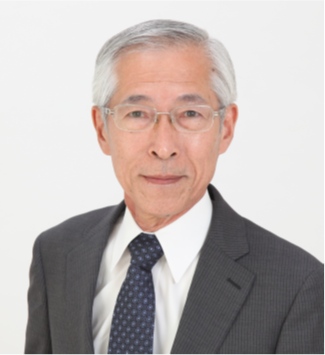 Prof. Hidekazu MURAKAWA
Prof. Hidekazu MURAKAWA
Prof. Hidekazu MURAKAWA Hidekazu Murakawa, the Emeritus Professor of Joining and Welding Research Institute, Osaka University, Japan. His research interest includes Computational Nonlinear Mechanics, Computational Welding Mechanics(Cutting, Forming, Welding, Straightening, Distortion, Residual Stress, Crack Growth). He received ICCES’04, The K. Washizu Medal, 2004, Japan Welding Society, Best Paper Award, 2002, Japan Society of Naval Architects, Best Paper Award, 1994, International Society of Offshore and Polar Engineers, Best Paper Award, 1992 and American Society of Mechanical Engineers (OMAE), Best Paper Award, 1990.
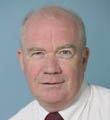 Professor Padraic O’Donoghue
Professor Padraic O’Donoghue
An engineer and an educator, Professor Padraic O’Donoghue has held academic positions at Irish universities for over twenty five years. In 1981, he graduated with 1st class honours in Civil Engineering from University College Cork and he obtained an M.Sc. in Applied Mathematics from the same university the following year. Moving to the US, he pursued doctoral studies at Georgia Institute of Technology, graduating with his Ph.D. in 1985. He then worked at Southwest Research Institute in San Antonio, Texas for five years. He returned to Ireland in 1990 to take up a full-time academic position at University College Dublin. In 1997, he was appointed as Professor of Civil Engineering at the National University of Ireland, Galway, a position that he still holds. He expanded his role at NUI Galway when he was appointed as of Dean of Engineering and Informatics, serving for three terms (2001-2010). His major accomplishments at NUI Galway include (i) a pivotal role in the development of the new Engineering Building, (ii) restructuring and the expansion to the College of Engineering and Informatics and (iii) raising the research profile in engineering and contributing to the launch of a number of major research centres.
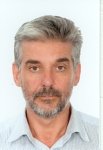 Prof. Demosthenes Polyzos
Prof. Demosthenes Polyzos
Demosthenes Polyzos is Professor of the Department of Mechanical Engineering & Aeronautics, Division of Applied Mechanics and Biomechanics of the University of Patras in Greece. His research activities include wave propagation phenomena in materials and structures, computational mechanics, Boundary Element Method, Meshless Methods, modeling in non-destructive testing, homogenization techniques, mechanics of materials and biomaterials with microstructural effects and computational methods in bioengineering. He is Regional Editor of the International Journal CMES: Computer Modelling in Engineering and Sciences and organizer of many National and International Conferences. His contribution includes 95 articles in International Refereed Journals, 21 articles in books and 120 articles in proceedings of International and National Conferences. He participated in many National and EU projects. He is recipient of P.S. Theocharis award by the Academy of Athens and S.N. Atluri medal in recognition of his “outstanding contributions to boundary element methods in general”. He is invited speaker in many Universities, Conferences and Institutes. Currently is Vice Rector of Research and Development and President of the Special Account of Research Funds and the Unit of Research, Innovation & Entrepreneurship of the University of Patras.
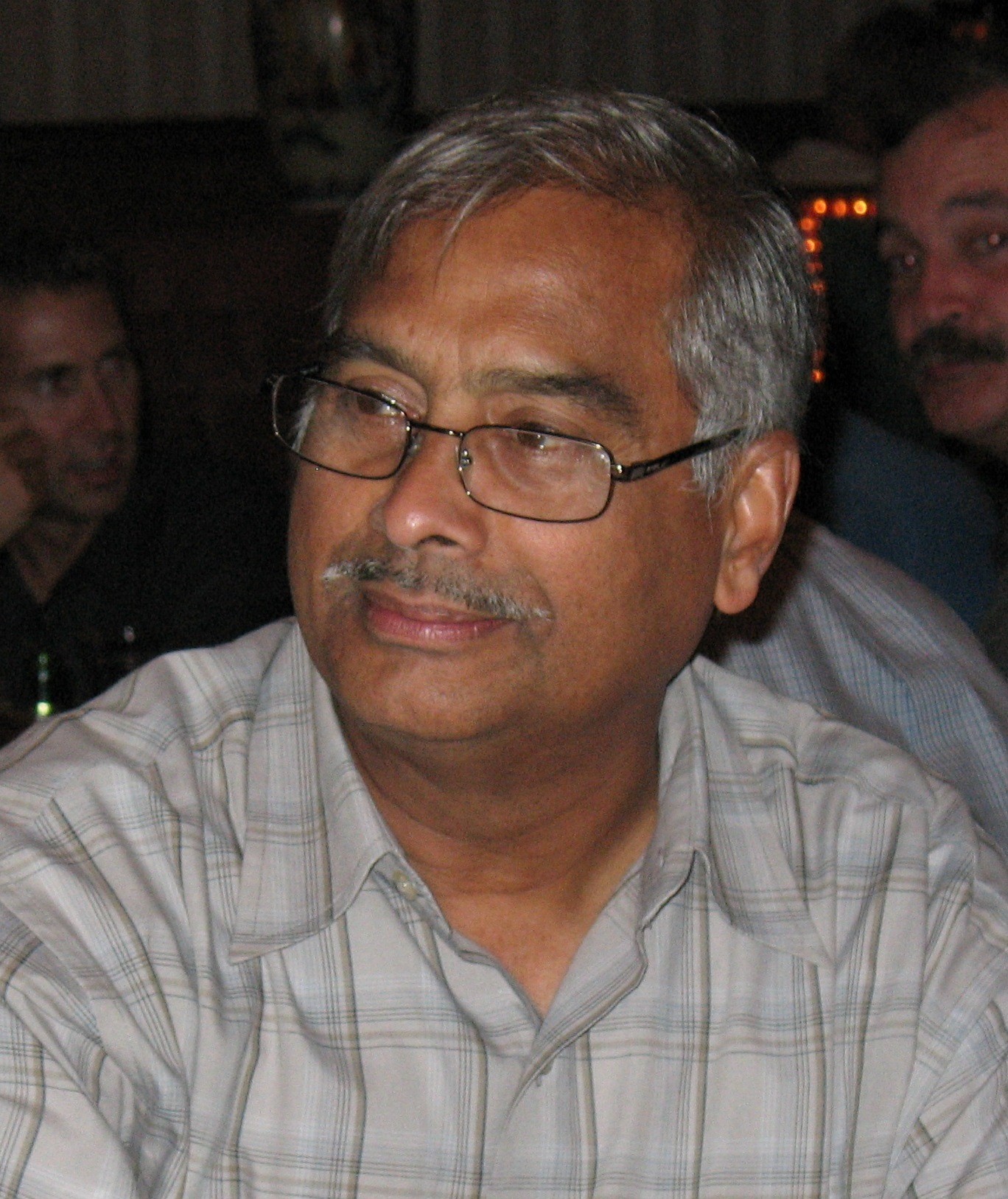 Prof. Ivatury S. Raju
Prof. Ivatury S. Raju
During the past four decades at NASA Langley Research Center, Dr. Raju’s research focused on Fracture Mechanics, Durability and Damage Tolerance, Composite Materials, and development of advanced Structural Analysis Methods such as Finite Element, Boundary Element, and Meshless Methods. Dr. Raju held various positions such as Head of the Mechanics of Materials Branch in the Materials Division; Head of the Analytical and Computational Methods Branch and Senior Technologist of Structures and Materials, NASA Engineering and Safety Center’s (NESC) Structures Discipline Expert, and NASA Technical Fellow for Structures. He made significant contributions to various NASA programs such as the Aircraft Energy Efficiency, Advanced Composite Technology, Aging Aircraft, and Vehicle Systems Programs. During his career, Dr. Raju was called on to participate in many major failure investigations – 7’ x 10’ fan blade failure at Langley, Challenger SRB field joint, X-33 Composite tank failure, and the AA 587 Airbus A300-600 rudder failure. During his Tech Fellow’s position at the NESC, Dr. Raju’s work focused on finding solutions to ensure safe operations of several programs such as Space Shuttle, the International Space Station, the Ares rockets of the Constellation, and the Commercial Crew Program. Dr. Raju retired from NASA Langley in March 2017. He currently serves gratuitously as Distinguished Research Associate at NASA Langley.
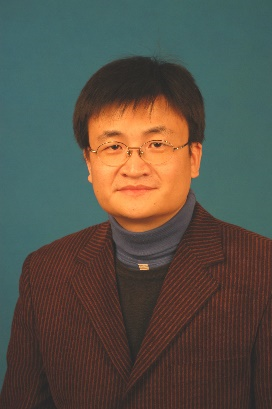 Prof. Shengping Shen
Prof. Shengping Shen
Shengping SHEN, is the Dean and professor of School of Aerospace Engineering, Xi’an Jiaotong University. He was awarded China National Funds for Distinguished Young Scientists, Changjiang Scholars Professor, and Distinguished Fellow of ICCES. His research interests focus on flexoelectric materials & devices, Chemomechanics, Fatigue & Fracture. He has coauthored a monographs, and is an author of over 100 journal articles. Through the years, his research work has received supports from Chinese governmental agencies such as NSFC, 863 Program, and MOE etc. He serves in the editorial boards for some journals. He has been in the organization/scientific committee for a number of international conferences.
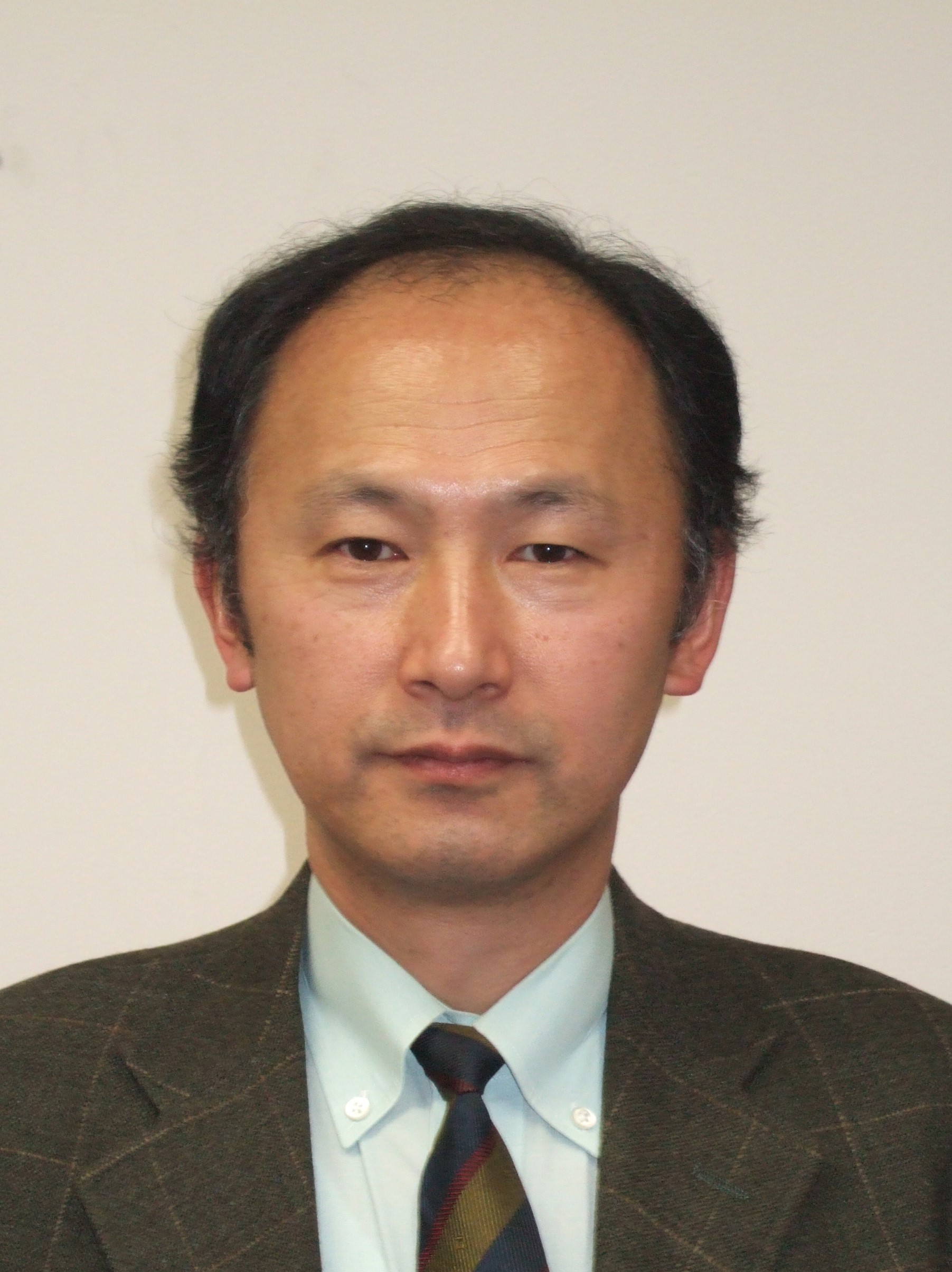 Prof. Shinobu Yoshimura
Prof. Shinobu Yoshimura
Shinobu Yoshimura is the Vice President of the University of Tokyo (UTokyo) and the Member of Science Council of Japan. He has published 250 peer reviewed journal papers, 68 review papers and 7 books. Professor Yoshimura has been working on High-performance and Intelligent Computational Mechanics with Real World’s Applications for 29 years. Among his wide research activities, the most distinguished and well-recognized achievement is the R&D of the advanced parallel finite element analysis software known as ADVENTURE (http://adventure.sys.t.u-tokyo.ac.jp) since 1997, leading more than 20 investigators.
Semi-plenary Lecture
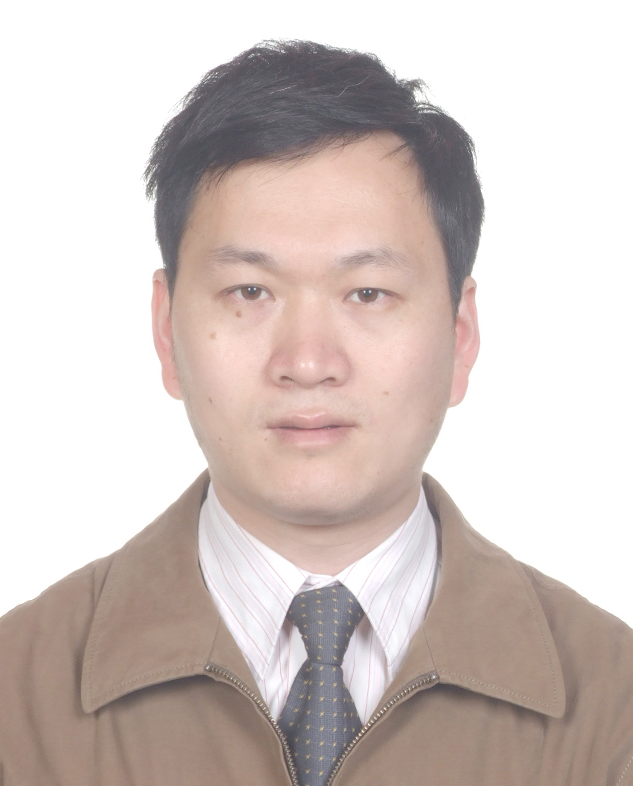 Prof. Yongchang Cai
Prof. Yongchang Cai
Yongchang CAI is a Professor of Geotechnical Engineering in the College of Civil Engineering, Tongji University, China. He received the Ph.D. degree from Chongqing University in 2001. His research interests include computational theory/method in Geomechanics and their application in geotechnical engineering, and high performance finite element technologies for nonlinear analyses of space frame/plate/shell structures.
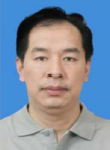 Prof. Maosen Cao</span>
Prof. Maosen Cao</span>
Dr. Cao is the full professor in the Department of Engineering Mechanics at Hohai University, PRC. His specific areas of interest relate to structural durability and integrity assessment, health monitoring, damage modeling and identification, disaster prevention and mitigation, and multiscale vibration and dynamics. He is currently director of the Institute of Engineering Vibration and Dynamic Disaster of the University; deputy dean of the Co-Innovation Centre of Safety and Health on Key Civil Infrastructures (involving 9 universities and institutes); dean of academic work committee of the Theoretical and Applied Mechanics Society of Jiangsu Province; principal of Outstanding S&T Innovation Team in Structural Integrity and Safety; standing director of the Chinese Society of Health Monitoring and Risk Warning of Equipment & Structure; member of ASCE, ASME, IEEE, and SPIE. Dr Cao has contributed to a number of international conferences. He was the Chair of the 19th International Conference on Vibration Theories, Approaches and Technologies in Infrastructure Engineering, the Vice-Chair of Organization Committee of the 3rd International Conference on Structural Health Monitoring and Integrity Management, and the Technical Committee Chair of the 3rd Annual Conference of Mechanics and Mechanical Engineering. He has delivered over 40 plenary speeches, invited talks, and public seminars at international conferences and universities in various countries. He is currently a member of the Editorial Board of the Journal of Vibroengineering, Vibroengineering Procedia, and the Journal of Measurement in Engineering, and was the Guest Editor of Complexity, Shock and Vibration, etc. Research outcomes have brought significant honors and awards, typically the prestigious European-Chinese Dragon-STAR Innovation Award, funded by the European Commission; and two National Natural Science Awards of MOE in PRC.
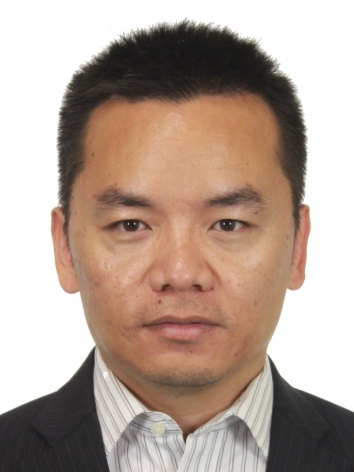 Prof. Yongpan Cheng
Prof. Yongpan Cheng
Dr. Cheng is currently the Professor in North China Electric Power Engineering in China, and was the Marie Curie Fellow in Queen Mary University of London in United Kingdom from 2015-2017. He received the Bachelor Degree and Master Degree from Xian Jiaotong University in China in 2001 and 2004 respectively, the Ph.D Degree from National University of Singapore in 2008. He hosted the National Natural Science Foundation of China and National Natural Science Foundation of Beijing etc, and he also participated in the National Program on Key Basic Research Project, and the National Key Research and Development Program of China, etc. He specializes in multi-phase flow, multi-physics coupling, phase-change heat transfer and clean energy. So far he has published more than 40 international journal papers and has given more than 10 invited talks in the conferences.
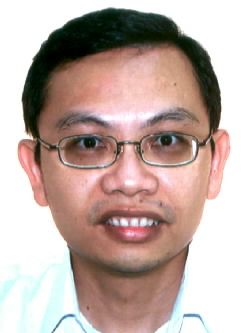 Dr. Chow Wai Tuck
Dr. Chow Wai Tuck
Dr. Chow Wai Tuck joined since 2017 as Senior Lecturer, under the Aerospace Engineering Cluster. His research area is on fracture mechanics in general, and specifically using advanced numerical techniques to study fatigue in aging aircraft, delamination crack growth in laminated composites, multiple crack interactions. He has 20 years of working experience in the aviation industry focusing on Maintenance Repair and Overhaul (MRO). He started off as an engineering officer in the Republic of Singapore Air Force (RSAF). He provided engineering support for the Structural Airframe of fighter, transport, UAV and helicopter aircraft. He was involved in various Aircraft Accident Investigation and Failure Investigation Analysis. Awards: Ministry of Defense productivity award (2005) – “Design Structural Life Upgrade for S211 training aircraft” and PS21 (inter ministries in public service) Best Staff Suggestion Award (2001) – “E2C Fatigue Assessment”. He later joined Pratt and Whitney in 2005. He leaded a team that perform the structural analysis/repair design for the commercial jet engines. He was involved in the structural assessment for a complete range of part families: cases, stators, diffuser, combustor, rotor, vanes and blades. He was also involved in manufacturing technology for jet engine components using high temperature die casting process. Over the years, he had filed 6 patents in jet engine design and manufacturing technology.
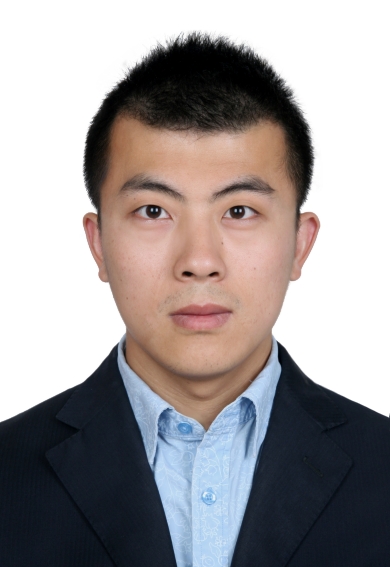 Prof. Honghua Dai
Prof. Honghua Dai
Mr Dai received his B.S. degree in mechanical engineering from Northwestern Polytechnical University (NPU), Xi’an, China, in 2009. He achieved the PhD degree in flight vehicle design from the School of Astronautics, NPU, in 2014. He had been a visiting PhD student in University of California, Irvine from 2010 to 2012 under the advice of Prof. Satya N. Atluri. He is now an Associate Professor with the School of Astronautics, NPU since December 2014. His current research interests include: spacecraft dynamics and control, nonlinear structural dynamics, and robust control methods, etc. Prof. Dai received 2017 ICCES Outstanding Young Investigator Award; 2017 Hong Kong Scholar Award, 2015 Science and Technology Award of Shaanxi Province: Frist Prize; 2013 Outstanding Young Researcher Award of NPU. Prof. Dai is an AIAA Senior member.
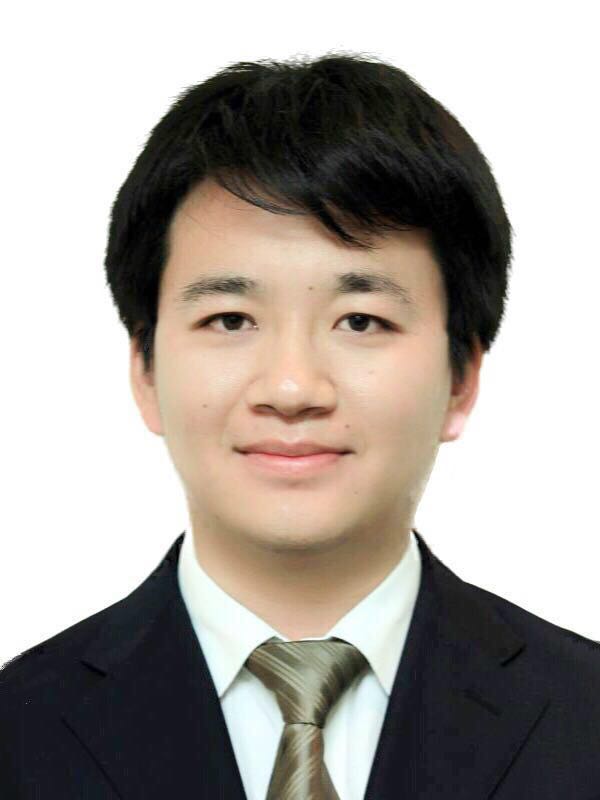 Prof. Leiting Dong
Prof. Leiting Dong
Dr. Leiting Dong is currently a full professor in the Department of Aircraft Design in Beihang University (also known as Beijing University of Aeronautics & Astronautics). He focuses his studies in modeling methods for the design of aerospace structures and materials. Special interests include fatigue and damage tolerance design of complex metal components, multiscale analysis and design of composite materials and structures, and large deformation analysis of geometrically nonlinear structures. His research is funded by the Ministry of Science and Technology, etc. By far he has published more than 35 peer-reviewed journal articles, with an h-index 15. He won the Thousand Young Talents Award of China in 2015. He won the CMES Outstanding Young Author Award in 2015, and the ICCES Young Investigator Award in 2017.
 Prof. Hideki FUjii
Prof. Hideki FUjii
Hideki Fujii is a lecturer at School of Engineering, the University of Tokyo. He received the Ph.D. in Environmental Studies from Graduate School of Frontier Sciences, the University of Tokyo in 2009. His experience includes being a project assistant professor of the Value Creating Initiative Division, Research Into Artifacts, Center for Engineering, the University of Tokyo (2009-2010); a visiting researcher at Faculty V of Mechanical Engineering and Transport Systems, Technical University of Berlin (2017-2018). He has been working on multi-agent-based traffic and social system simulation with real world’s applications. One of his achievements was published as an open-source traffic simulator, ADVENTURE_Mates. This large-scale and microscopic simulator is used for many purposes: transportation policy making, evaluation of traffic safety, introducing new transportation-related technologies, prediction of greenhouse effect gas emissions, etc. His professional membership include International Association on Computational Mechanics, World Conference on Transportation Research Society, Japanese Society for Artificial Intelligence, Information Processing Society of Japan.
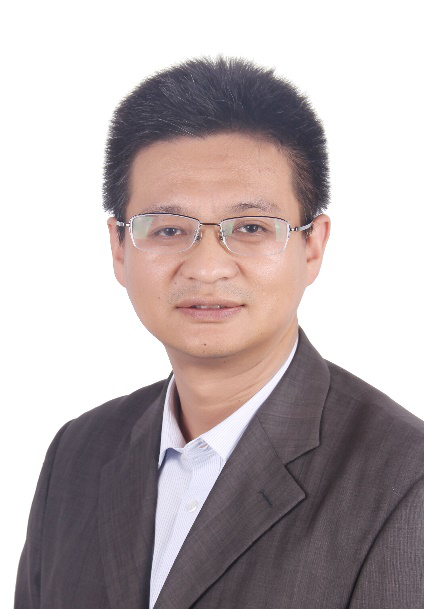 Prof.
Liang Gong
Prof.
Liang Gong
Ph.D., Vice Dean of Insititute of New Energy and Vice Director of Department of Energy & Power Engineering in China University of Petroleum (East China), the Committee Member of the Youth Committee for Heat & Mass Transfer of China, the Committee Member of the University Research Association for Engineering Thermophysics of China, the Committee Member of American Society of Thermal and Fluids Engineers. He received his Ph.D. degree from Xi’an Jiaotong University in 2011, was with Georgia Institute of Technology as visiting scholar from 2008 to 2010. His research interests mainly focus on numerical study on fluid flow and thermal management in microsystem, multi-physics modelling of the transport phenomena in porous media, flow drag reduction and lossless transportation. As a principle investigator, he has been responsible for 15 projects supported by the National Natural Science Foundation of China (NSFC), the National Natural Science Foundation of Shandong Province, the Ministry of Education of China, the Qingdao City Government et al. He is the author/co-author of more than 70 journal and conference papers, was the editorof Open Physics and guest editor of Journal of Natural Gas Science and Engineering, and is a peer reviewer of Scientific Reports, Energy, International Journal of Heat & Mass Transfer, Applied Thermal Engineering, Energy Conversion & Management, et al.
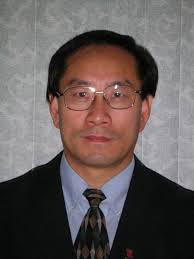
Prof. Boyun Guo
University of Louisiana at Lafayette, Lafayette, LA –Professor and Graduate Coordinator in Petroleum Engineering. Director of Center for Optimization of Petroleum Systems (COPS). His award includes Distinguished Professor, UL Lafayette, 2017, Researcher of the Year Award, UL Lafayette College of Engineering, 2016 and Distinguished Achievement Award for Petroleum Engineering Faculty, SPE Eastern Region, 2012. Beside this, a several of his patents as follows. US Patent No. 5473904: Method and Apparatus for Generating, Transporting and Dissociating Gas Hydrates, US Patent pending EFS ID 31417983: Harvesting Natural Gas from Seafloor Gas Hydrates Using Moving Riser Method and China Patent No. 201010245400: A New Design of Annular Flow Diverging Joint (FDJ) and Calculation Method for Gas Drilling.
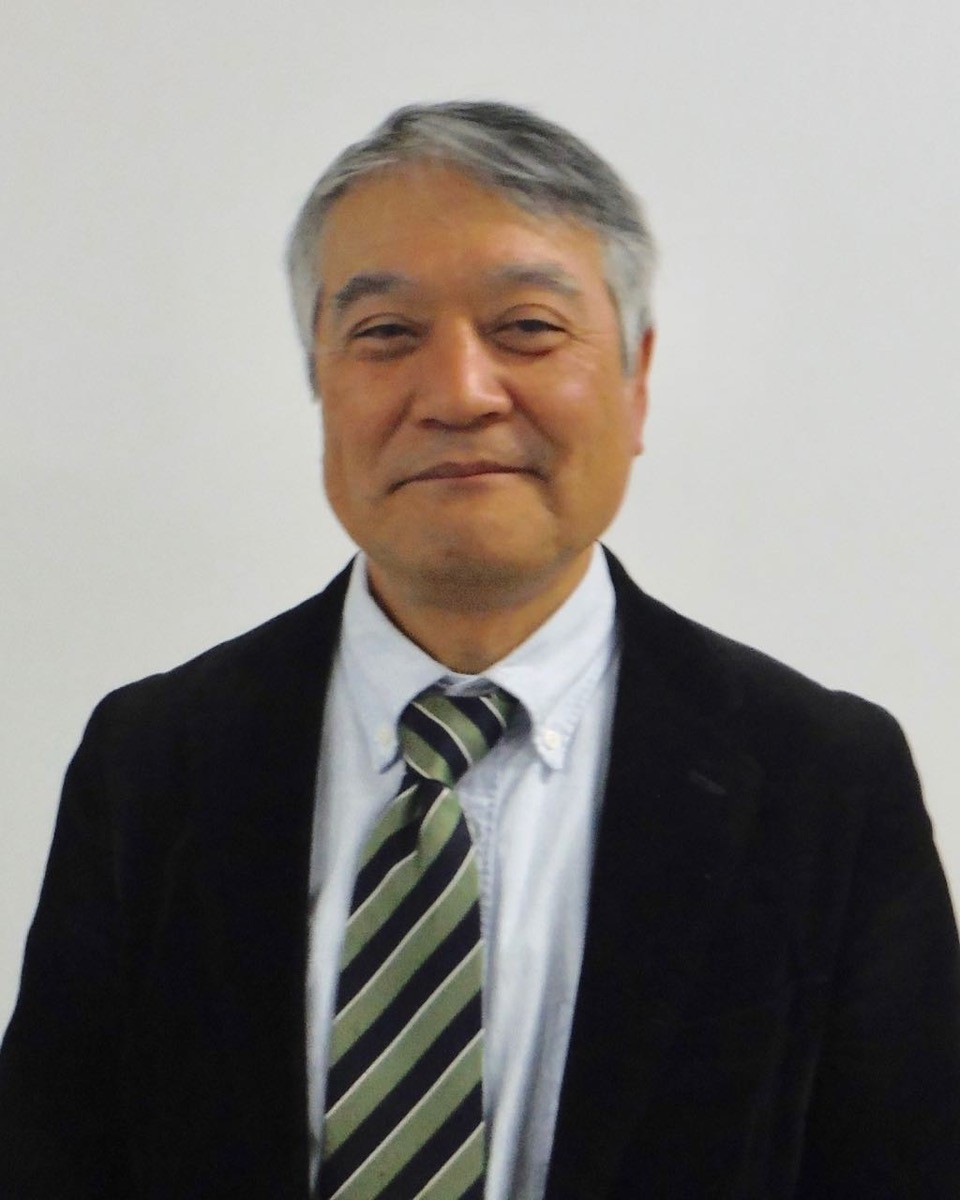 Prof. Ryutaro HIMENO
Prof. Ryutaro HIMENO
Ryutaro HIMENO is now the director of Advanced Center for Computing and Communication. He is also a visiting Professor at Hokkaido University, Tokyo University of Science and Tokyo Denki University. His research area is Computational Fluid Dynamics and Sports Biomechanics. He is also a well-known researcher in Baseball Physics as one of inventors of Gyro ball. He was a winner of 2006 Gordon Bell Prize (Honorable Mention, Peak Performance) and Computer Visualization Contest in 2000 by Nikkei Science. He received both JSME Computational Mechanics Award and Computational Award by Japan Association of Computational Mechanics in 2011 as well as JSME Computational Mechanics Achievement Award in 1997 and JSME Youth Engineer Award in 1988. He was also awarded Paper Award by NICOGRAPH in 1993, Giga FLOPS Award by CRAY Research Inc. in 1990 and other awards.
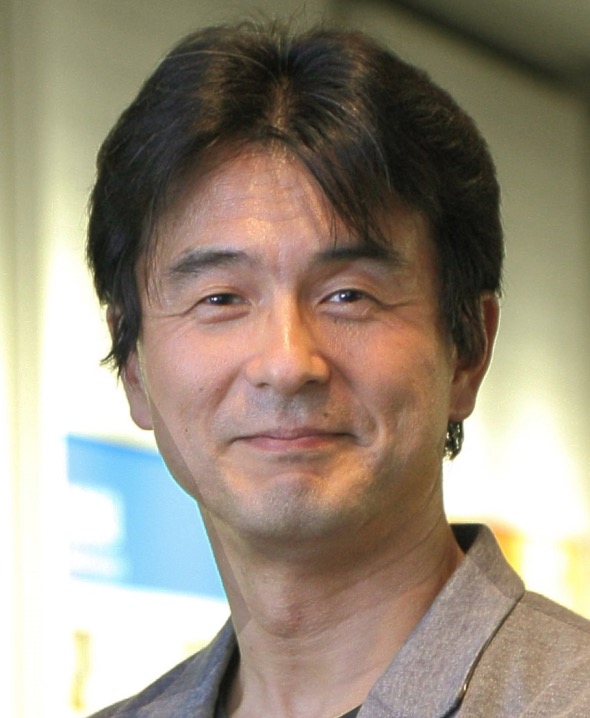 Prof. Muneo Hori
Prof. Muneo Hori
Prof. Muneo Hori is a full professor of Division of Earth Mechanics of University of Tokyo. Taking advantage of applied mechanism and mathematics for solid continuum, we seek to clarify various phenomena related to earthquakes and crust deformation and to propose realistic solutions to mitigate possible disasters. At this moment, we are concentrated on developing advanced simulation methods that are based on clarified mechanism.
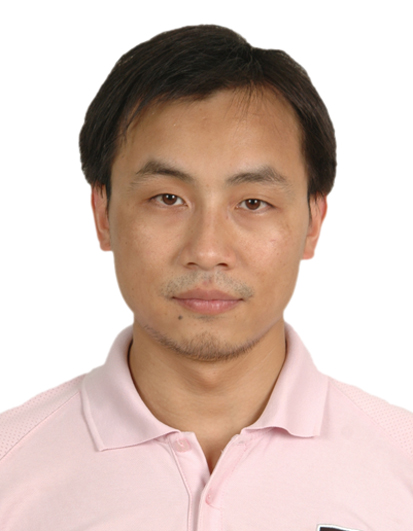
Prof. Chao Jiang
Dr. Chao Jiang is the professor of College of Mechanical & Vehicle Engineering of Hunan University, China. He is holder of the National Science Fund for Distinguished Young Scholars, Young Scholar of Chang Jiang Scholars Program, etc. As a principal member, Prof. Jiang has won the Second Prize of National Science and Technology Progress Award of China, and three provincial and ministerial First Prizes for Progress in Science and Technology and Natural Science. His research interests are focused on structural uncertainty analysis and design, reliability analysis and design, fatigue, etc. He has presided over 20 national and provincial/ministerial level research projects, and has published more than 100 SCI-indexed papers with over 1000 SCI citations by other scholars.
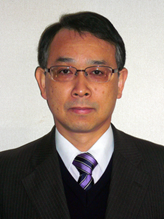 Prof. Kazuhiko Kakuda
Prof. Kazuhiko Kakuda
Dr. Kazuhiko Kakuda is a Professor in the Dept. of Mathematical Information Engineering, College of Industrial Technology, Nihon University. He was born on January 26, 1958 in Shizuoka-prefecture, Japan. He holds B.Eng in Mathematical Engineering, M.Eng in Architecture & Architectural Engineering and Dr. Eng in Mathematical Engineering from Nihon University. His research interests include the numerical simulations of complex fluid flow fields, the parallel computing on CPU/GPU, and the development of the numerical methods for nonlinear problems. He is a councilor of the Japan Society for Computational Methods in Engineering (JASCOME). He is a member of JSME, AIJ, JSCES and so forth. He is Distinguished Fellow of ICCES since 2015.
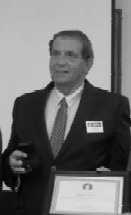 Prof. Edward Kansa
Prof. Edward Kansa
Awarded the 2015 George Green medal for inventing the application of meshless radial basis functions for the numerical solutions of partial differential and integral equations. Plenary and keynote speaker on many occasions, co-supervised of 15 Ph.D. dissertations, over 130 publications, 6000+ citations, plenary and keynote speaker, reviewer for peer-reviewed journals, international colloborator.
Research performed in quantum physics, atmospheric and surface flow and transport, combustion and shocks, turbulent dispersion, drying, etc. Ph.D. Vanderbilt University, employed at US Bureau of Mines, Lawrence Livermore Laboratory, Embry-Riddle University, University of California at Davis, Computational Sciences, Convergent Solutions.
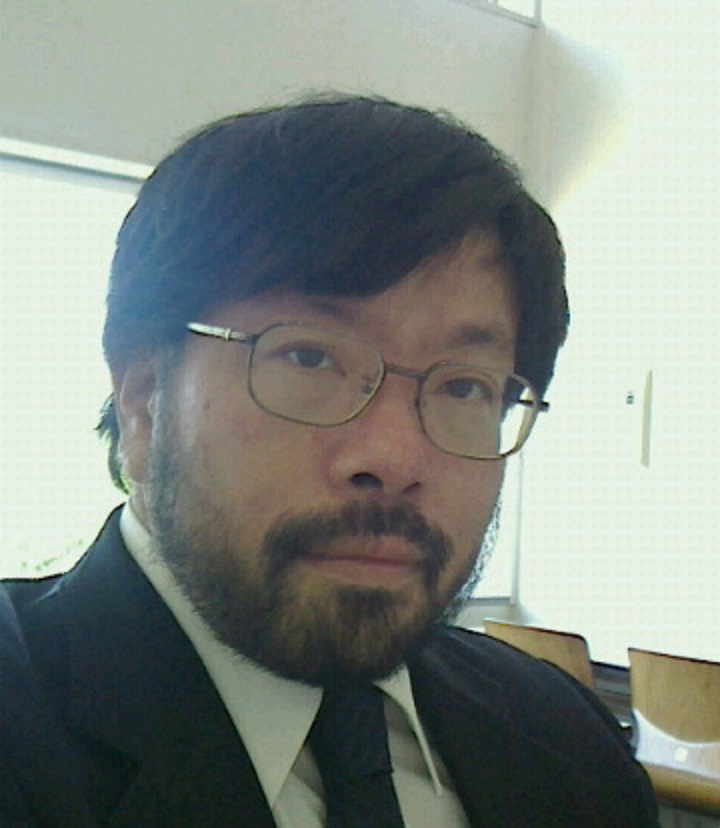 Prof. Hiroshi Kawai
Prof. Hiroshi Kawai
Hiroshi Kawai is a professor at Faculty of Information Sciences and Arts, Tokyo University. He has worked on the Finite Element Method, Mesh Generation, Visualization, High Performance Computing, Fracture Mechanics etc. Currently, his research interests are in the field of Computational Mechanics for huge scale analysis on HPC environment. He has proposed and developed an integrated CAE system for large scale finite element analysis, including efficient tetrahedral element-based mesh generation, visualization and performance tuning of linear algebraic solver for domain decomposition method. He has published 50 archival papers in international and domestic journals. He has made a numerous international and domestic conference presentations. He was the recipient of The JACM (Japan Association for Computational Mechanics) Computational Mechanics Award.
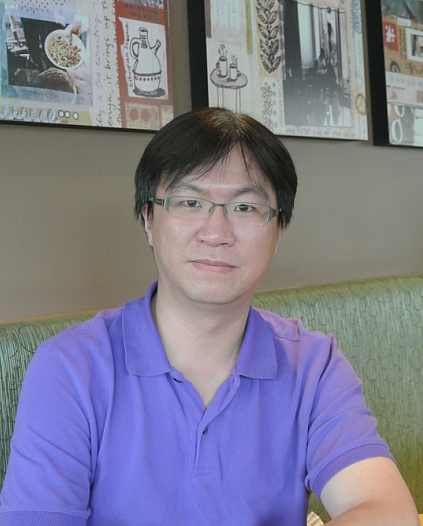 Prof. Chang-Chun Lee
Prof. Chang-Chun Lee
Chang-Chun Lee
has published more than
250 journal/conference papers
in the area of computational solid mechanics, mechanical designs/integrations of three-dimensional integrated circuit (3D-IC) system, back-end-of-line (BEOL) physical reliability investigation of nano-micro devices, strained silicon engineering, and advanced electronic packaging/micro-electro-mechanical systems (MEMS) technology. He was responsible for more than
40
electronic packaging/MEMS and display technology project
related to flexible organic light-emitting diode (OLED) devices, package simulation/design, and reliability estimation of 3D-ICs. He owns
9
Taiwan patents for wafer-level probe tests, flip chip/3D stacked wafer level packaging, and system in packaging. Professor Lee received an Outstanding Paper Award at the ANSYS Conference. Currently, he serves as the associate Editor of Journal of Mechanics, guest editor of IEEE Transactions on Components, Packaging and Manufacturing Technology, member of Thermal/Mechanical Simulation & Characterization Committee in IEEE Electronic Components and Technology Conference (ECTC), a technical program committee member of the Institute of Electrical and Electronic Engineers IMPACT, and a reviewer of more than
41
Science Citation Index (SCI) journals. His recent research focuses on the robust designs of electronic packaging reliability, mechanical designs of flexible displays, SiC/SiGe/GeSn strained techniques in metal–oxide–semiconductor field-effect transistors, phenomenon analysis of stress-migration/electro-migration in advanced IC devices, as well as the interfacial fracture investigation of Cu/low-k interconnects.
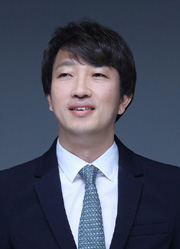
Prof. H.K. Lee
H.K. Lee, Professor in the Civil and Environmental Engineering Department at Korea Advanced Institute of Science and Technology (KAIST), received his B.S. and M.S. degrees from Seoul National University, Korea, in 1988 and 1990, respectively, and earned his Ph.D. degree in Civil Engineering from the University of California, Los Angeles in 1998.
His research interests are multi- and cross-disciplinary, and are primarily concerned with development of sustainable and functional construction materials with an emphasis on the integration with nano- and bio-technology, and multiscale modelling of advanced engineering materials. Currently, he is the director of Engineering Research Center for Smart Submerged Floating Tunnel System, the Vice President of Computational Structural Engineering Institute of Korea (COSEIK) and Korea Society for Computational Mechanics (KSCM), a General Council Member of International Association of Computational Mechanics (IACM), and is a fellow of The Korean Academy of Science and Technology (KAST), and an honorable fellow of International Conference on Computational and Experimental Engineering and Sciences (ICCES).
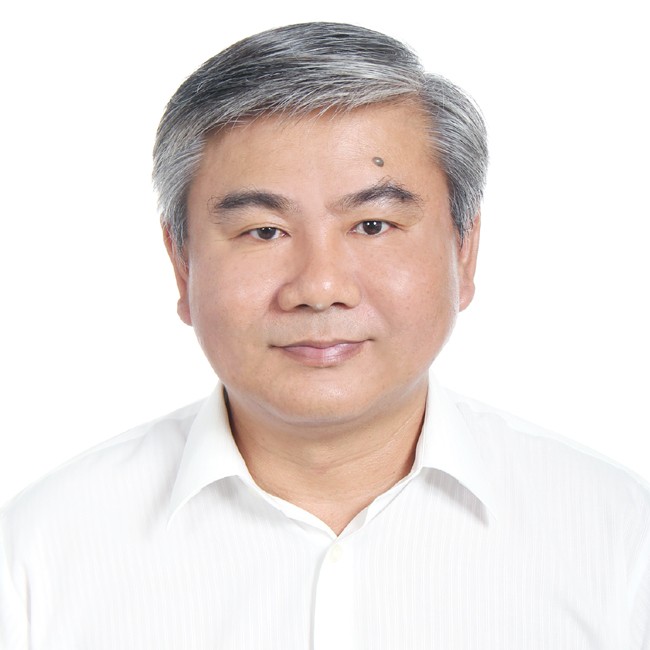
Prof. Chein-Shan Liu
Dr. Chein-Shan Liu is presently a Chair Professor of National Taiwan Ocean University and a distinguished Professor of Thousand Talents Plan of China, recruited by Hohai University. His research interests can be categorized into two major areas. One is material characterization including constitutive modeling, plasticity, micromagnetism, friction behavior, thermodynamics, and applied mechanics. Another is computational mathematics and modeling, including group-preserving scheme, Lie-group shooting method, Lie-group adaptive method, Lie-group differential algebraic equations (LGDAE) method, novel algorithms for nonlinear algebraic equations, regularization methods, inverse problems, optimization problems, Krylov subspace method for ill-posed linear systems and nonlinear systems, and novel meshless methods, like multiple-scale Trefftz method, multiple-direction Trefftz method, energy Trefftz method, energy MFS and boundary functional method. Dr. Liu has published over 330 SCI papers and obtained several national or international academic awards, including Highly Cited Researcher, State Specially Recruited Expert of China and Outstanding Chinese Award for Engineering Technology.
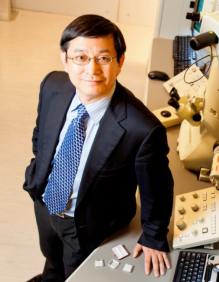 Prof. Jian LU
Prof. Jian LU
Prof. Jian LU is Chair Professor of Mechanical Engineering; Vice-President (Research &Technology) and Dean of graduate study at the City University of Hong Kong (CityU). He commenced his undergraduate education in 1978 at Peking University where he was selected based on his score in the national examination for a national scholarship for overseas study in 1979. He obtained the Dip.Ing., Master (DEA) degree and Doctoral degree from University of Technology of Compiegne in 1984 and 1986 respectively. From 1986 to 1994, he was appointed as Senior Research Engineer at the CETIM (French Technical Centre for Mechanical Industry). In 1994, he was appointed as Professor; Head of Department of Mechanical Systems Engineering and Director of Mechanical Systems and Concurrent Engineering Laboratory jointly supported by the French Ministry of Education and CNRS at the University of Technology of Troyes, France. From 2005 to 2010, he was Chair Professor and Head of Department of Mechanical Engineering at the Hong Kong Polytechnic University. From 2010 to 2013, he was the Dean of College of Science and Engineering at CityU.Professor LU’s primary research interest is advanced nanomaterials and its integration in mechanical and biomedical systems using the combination of experimental mechanics and mechanical simulation. He has also branched out into several other areas of interest including surface science and engineering, biomechanics, residual stresses, and mechanics of nanomaterials. He has published more than 350 SCI journal papers including papers in Nature (cover story), Science, Nature Materials, Science Advances, Nature Communications, Materials Today, Advanced Materials, Advanced Functional Materials, PRL, Acta Materialia, Journal of the Mechanics and Physics of Solids and International Journal of Plasticity.He received the French Knight of the National Order of Merit and French Knight of the National Order of Légion d’Honneur in 2006 & 2017 respectively. Both awards were nominated by the President of the Republic of France and awarded by the French Government. He was elected as an academician by the National Academy of Technologies of France in 2011.
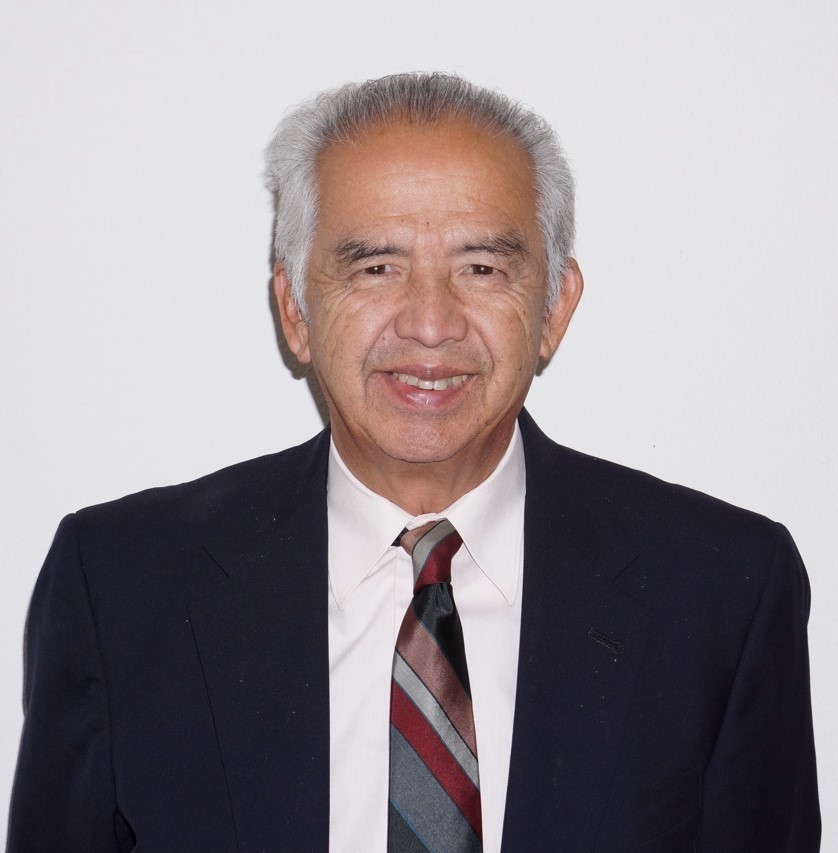 Prof. Pedro Marcal
Prof. Pedro Marcal
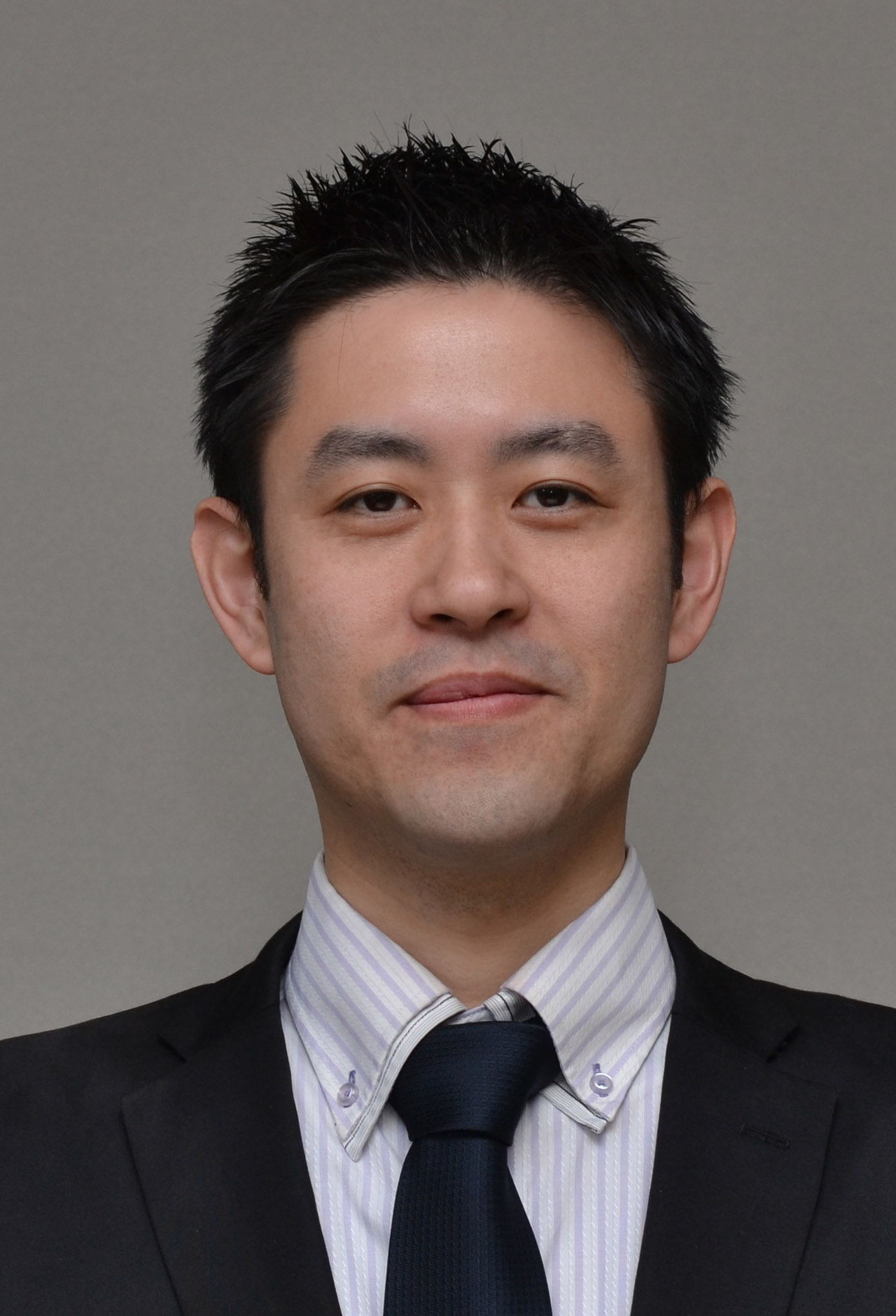 Prof. Ryosuke Matsuzaki
Prof. Ryosuke Matsuzaki
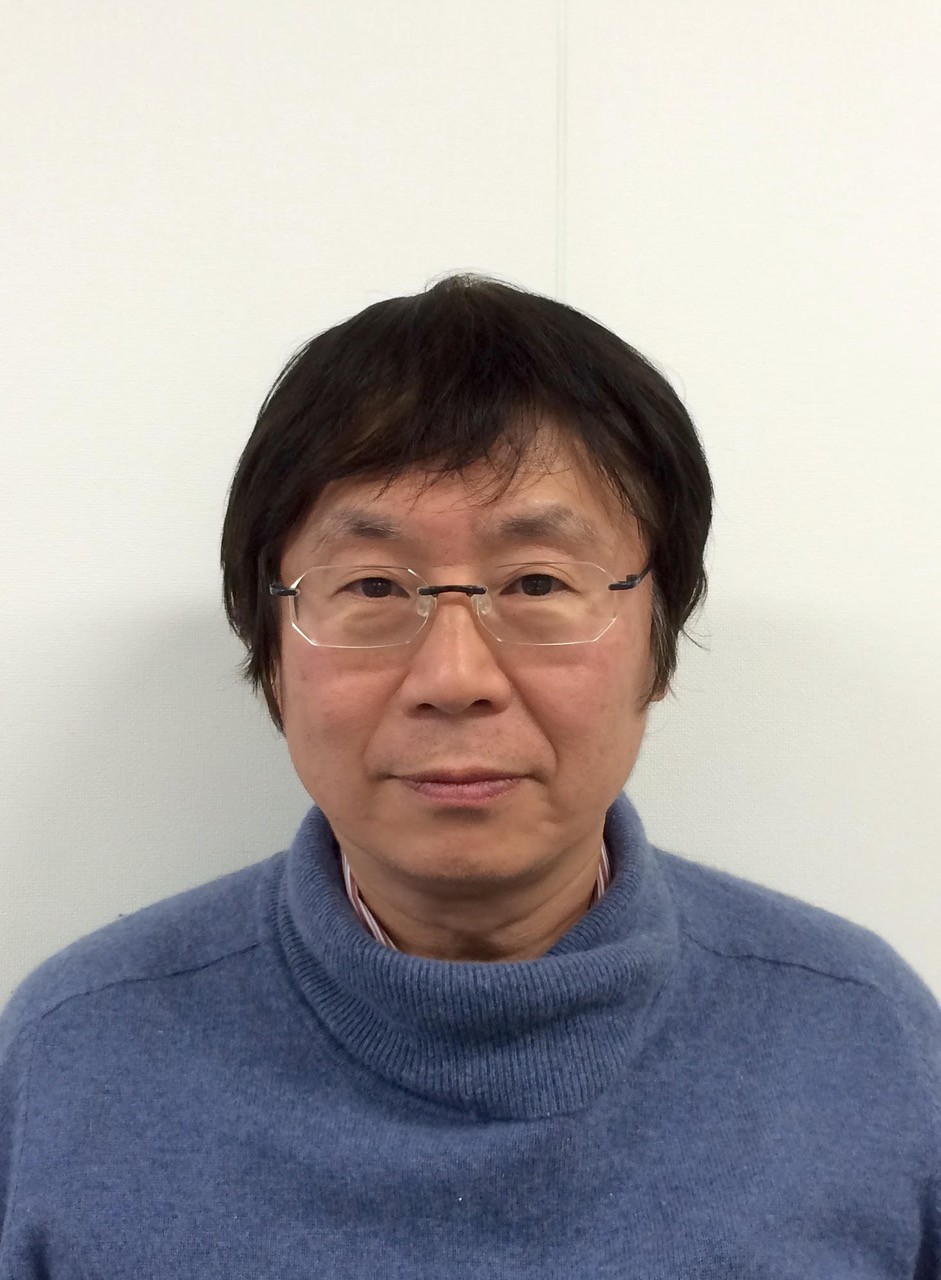 Prof. Shinji Nishiwaki
Prof. Shinji Nishiwaki
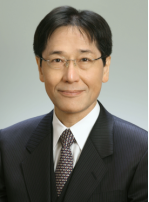 Prof. Shigeru Obayashi
Prof. Shigeru Obayashi
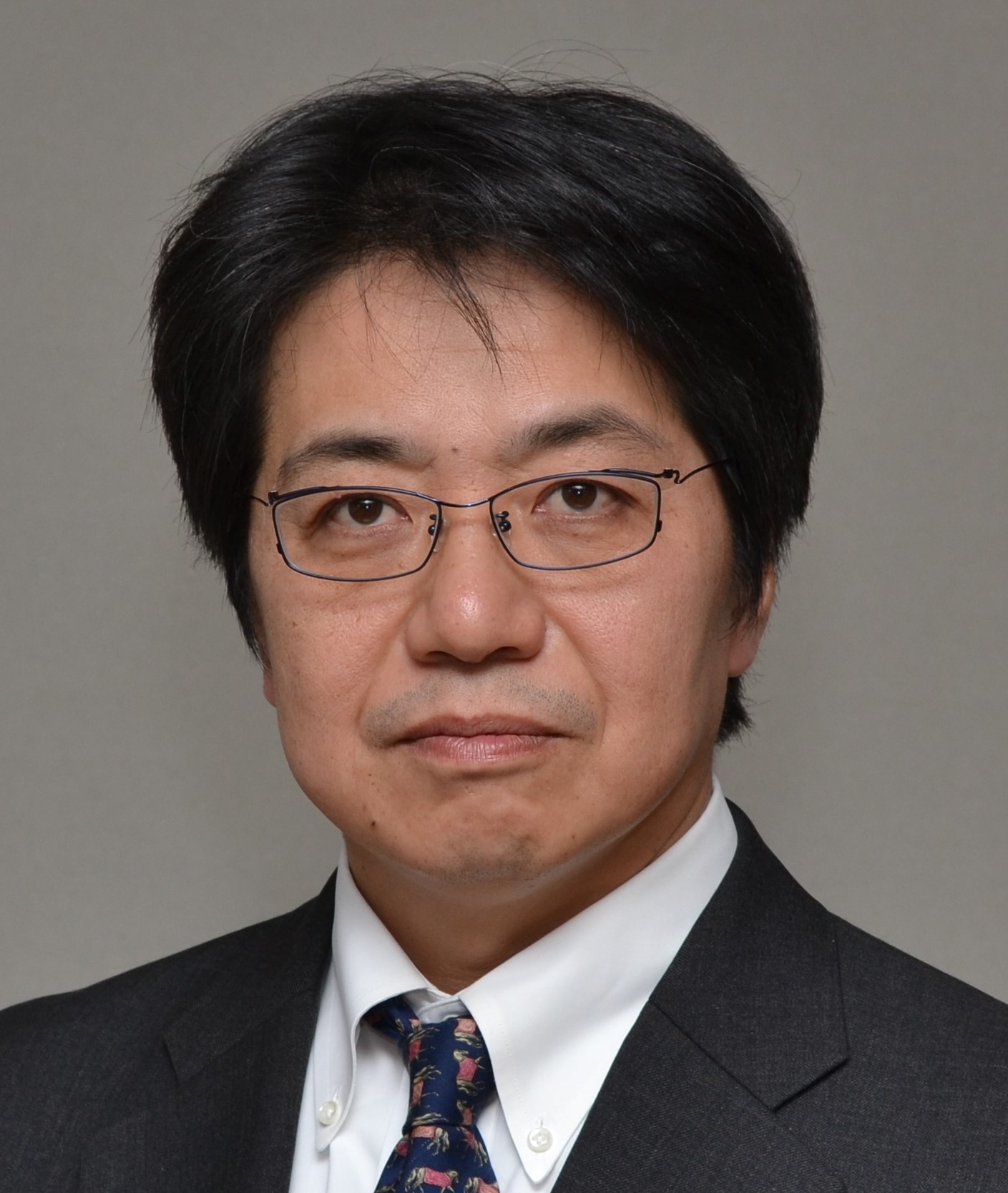 Prof. Hiroshi Okada
Prof. Hiroshi Okada
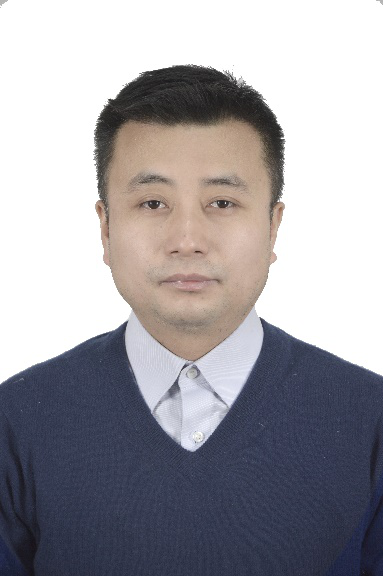 Prof. Zhiguo Qu
Prof. Zhiguo Qu
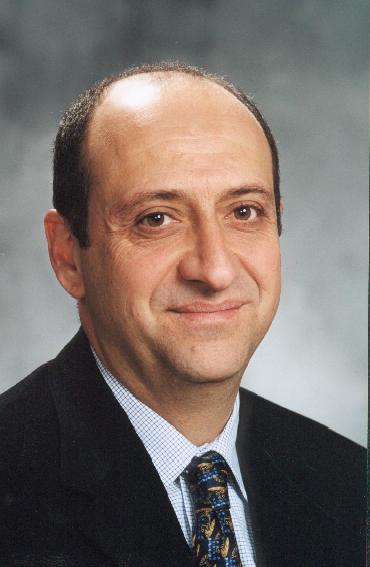
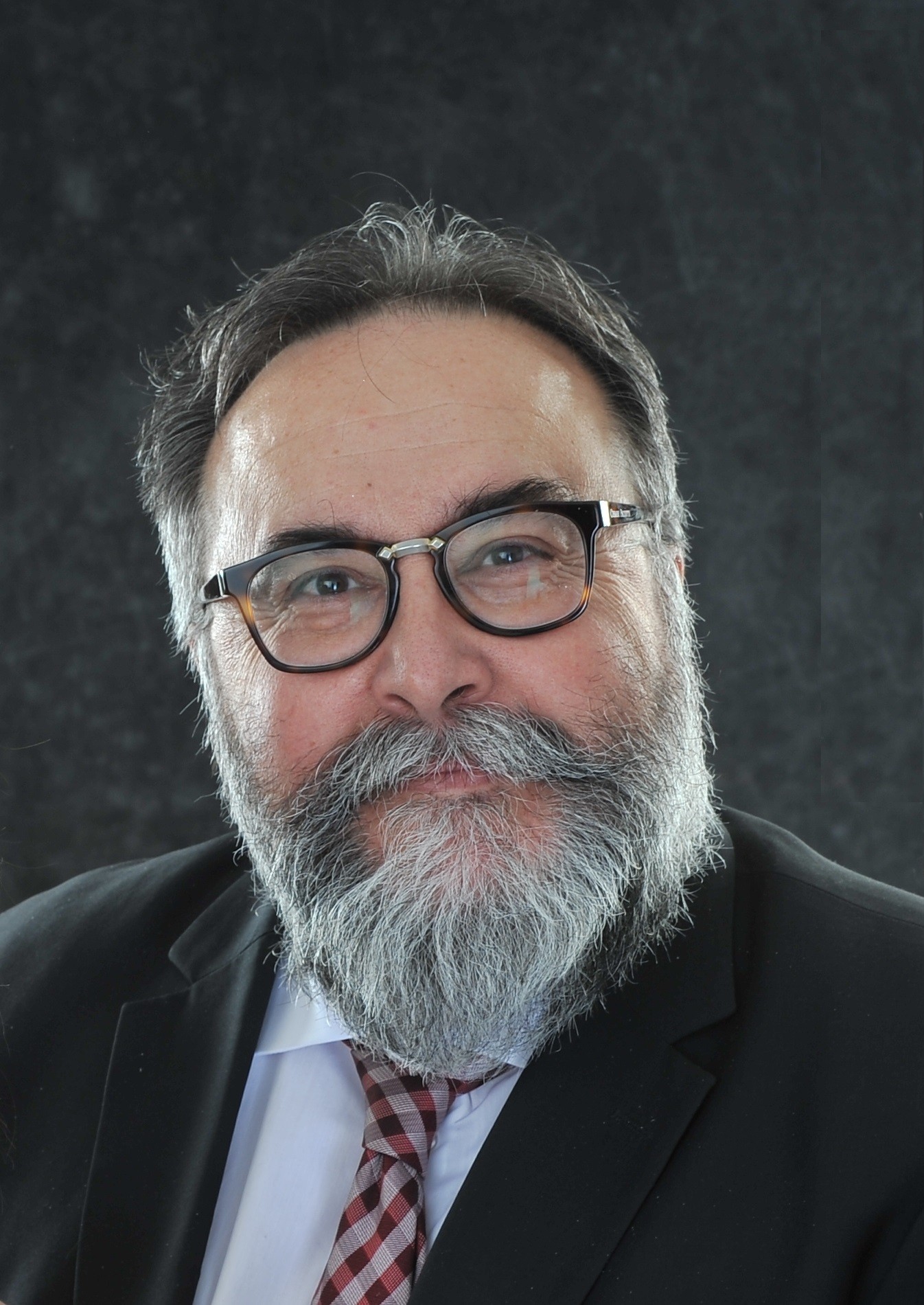 Prof. Božidar Šarler
Prof. Božidar Šarler
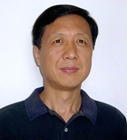
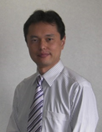 Prof. Ryuji Shioya
Prof. Ryuji Shioya
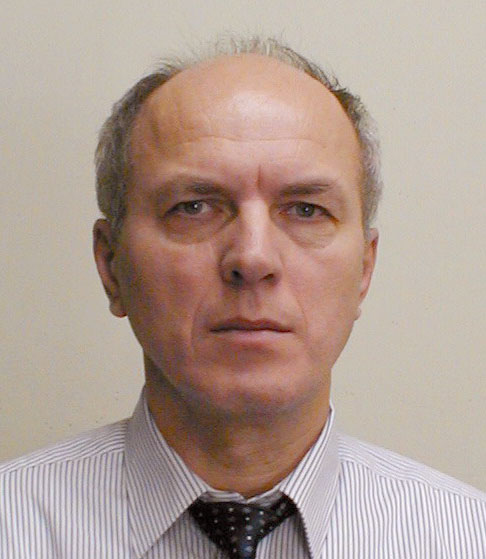 Prof. J
an Sladek
Prof. J
an Sladek
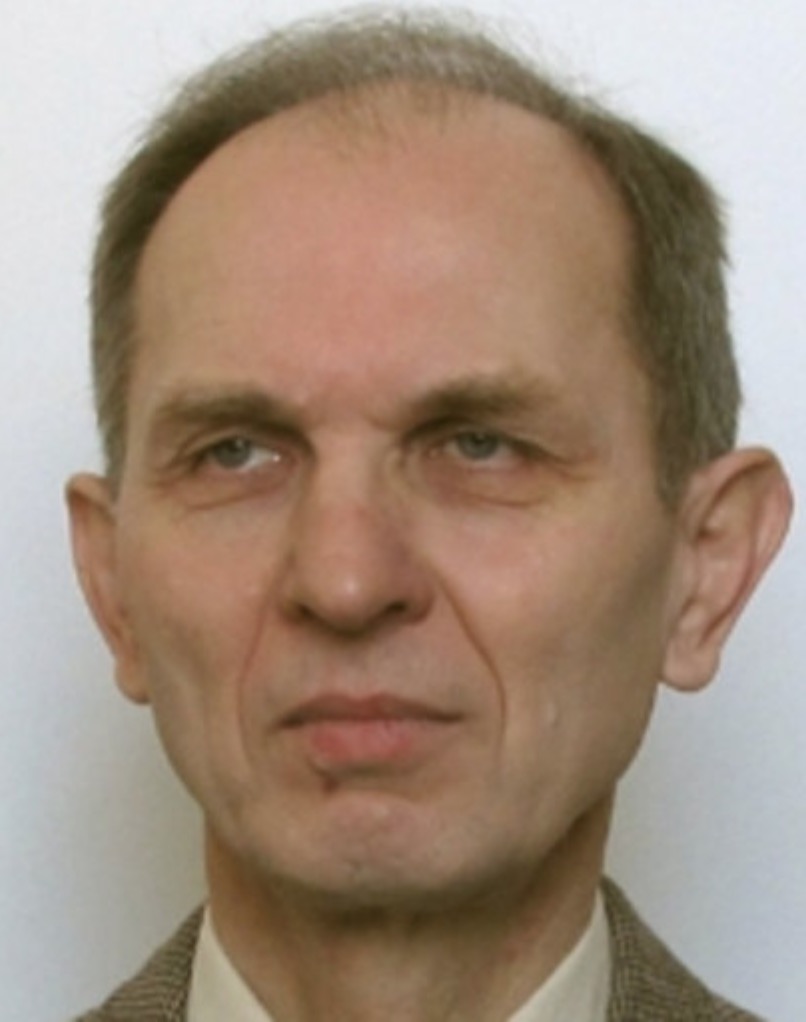 Prof. Vladimir SLADEK
Prof. Vladimir SLADEK
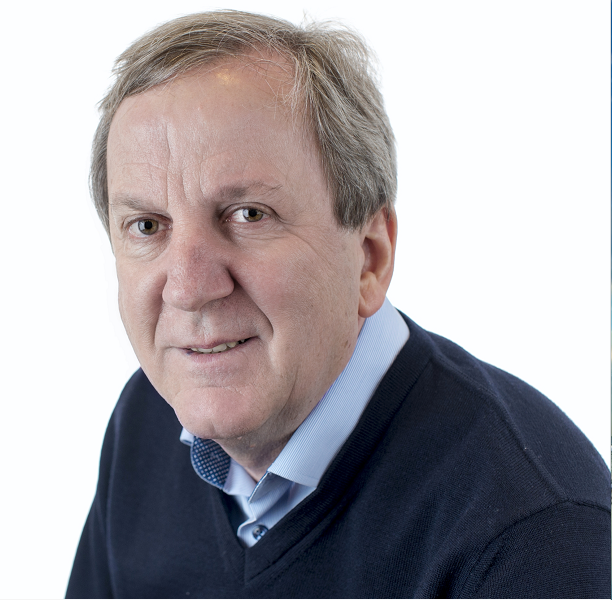 Prof. Jurica Sorić
Prof. Jurica Sorić
 Prof. Shuyu Sun
Prof. Shuyu Sun
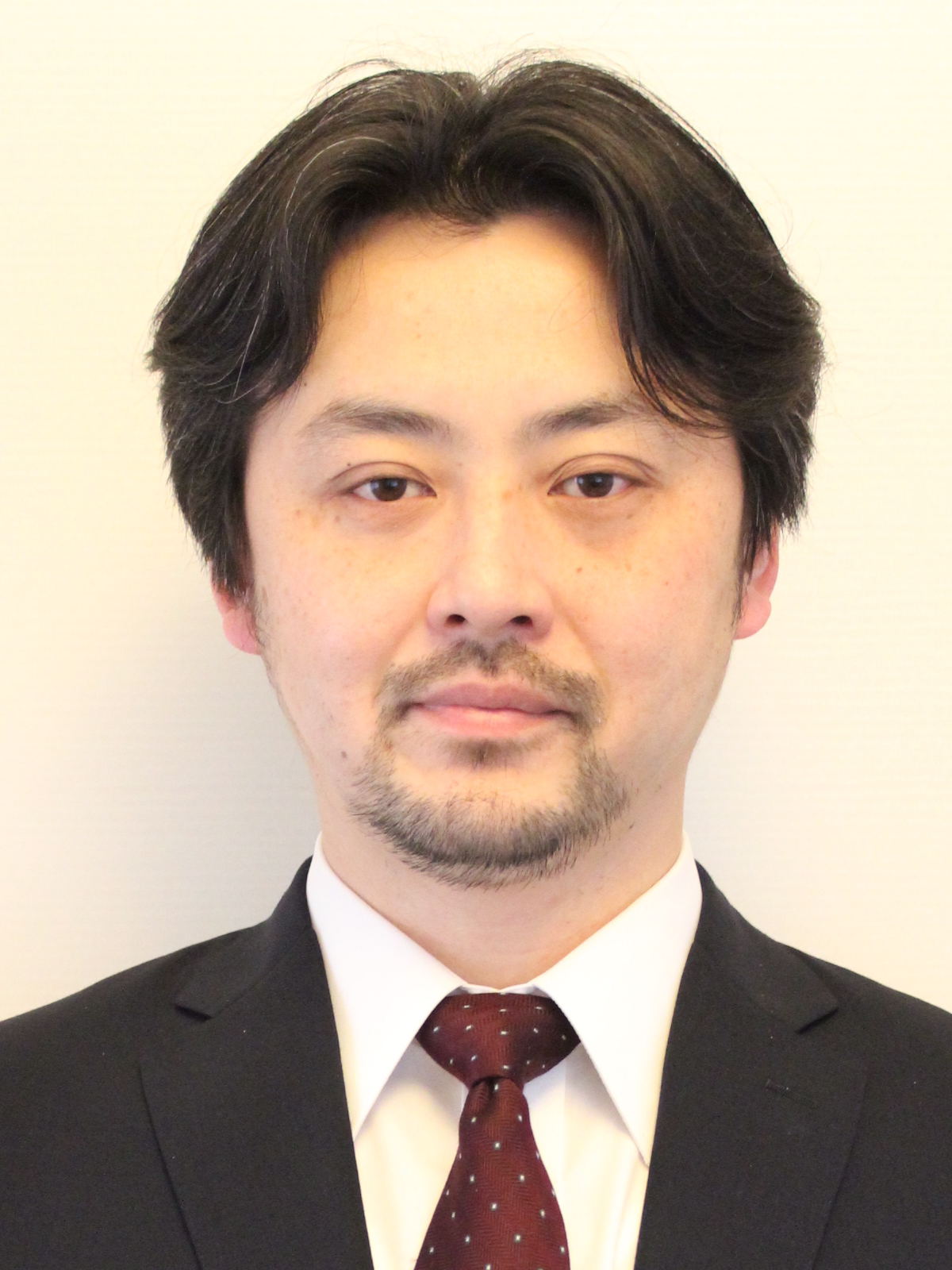 Prof. Akiyuki Takahashi
Prof. Akiyuki Takahashi
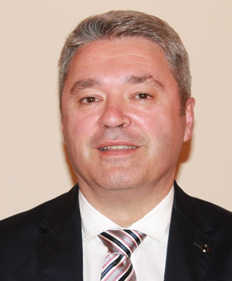 Prof. Igor Vušanović
Prof. Igor Vušanović
 Prof. Tomonori Yamada
Prof. Tomonori Yamada
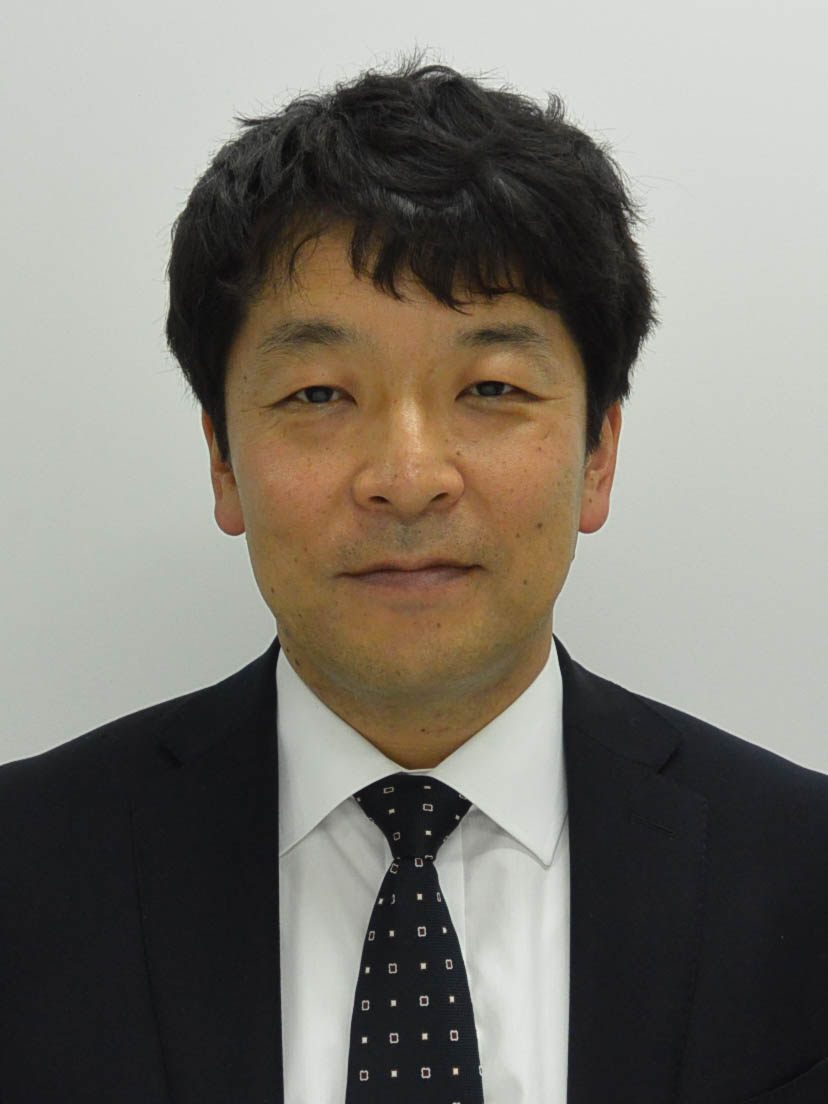 Prof. Satoru Yoneyama
Dr. Yoneyama is currently a Professor at Aoyama Gakuin University. He is now serving as an associate technical editor of Experimental Mechanics. Satoru Yoneyama received the Outstanding Paper Award from the Japanese Society for Photoelasticity in 2000, the Rising Researchers Award from JSNDI in 2002, the R.E. Peterson Award from SEM in 2002, the Outstanding Paper Award from JSNDI in 2003, the Incentive Award from JSNDI in 2008, the Technology Award from JSEM in 2008, and A.J. Durelli Award from SEM in 2014. His research interests are optical methods, viscoelasticity, fracture mechanics and contact mechanics. Meanwhile, He is a member of the Society for Experimental Mechanics (SEM), the Japanese Society for Experimental Mechanics (JSEM), the Japan Society of Mechanical Engineers (JSME), the Japanese Society for Non-destructive Inspection (JSNDI), the International Society for Optical Engineering (SPIE), the British Society for Strain Measurement (BSSM), the Society of Materials Science Japan (JSMS), and the Japan Society for Composite Materials (JSCM).
Prof. Satoru Yoneyama
Dr. Yoneyama is currently a Professor at Aoyama Gakuin University. He is now serving as an associate technical editor of Experimental Mechanics. Satoru Yoneyama received the Outstanding Paper Award from the Japanese Society for Photoelasticity in 2000, the Rising Researchers Award from JSNDI in 2002, the R.E. Peterson Award from SEM in 2002, the Outstanding Paper Award from JSNDI in 2003, the Incentive Award from JSNDI in 2008, the Technology Award from JSEM in 2008, and A.J. Durelli Award from SEM in 2014. His research interests are optical methods, viscoelasticity, fracture mechanics and contact mechanics. Meanwhile, He is a member of the Society for Experimental Mechanics (SEM), the Japanese Society for Experimental Mechanics (JSEM), the Japan Society of Mechanical Engineers (JSME), the Japanese Society for Non-destructive Inspection (JSNDI), the International Society for Optical Engineering (SPIE), the British Society for Strain Measurement (BSSM), the Society of Materials Science Japan (JSMS), and the Japan Society for Composite Materials (JSCM).
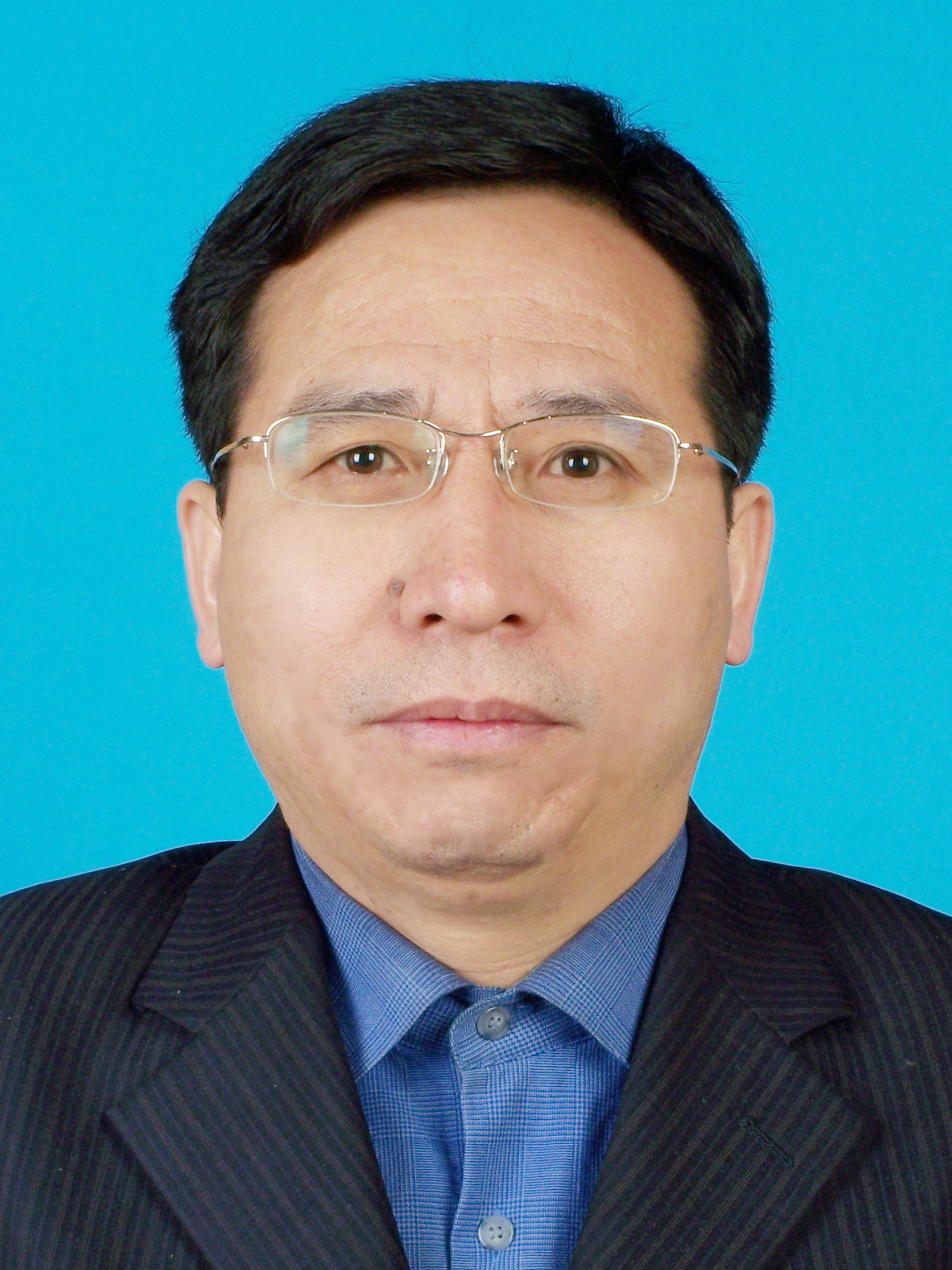
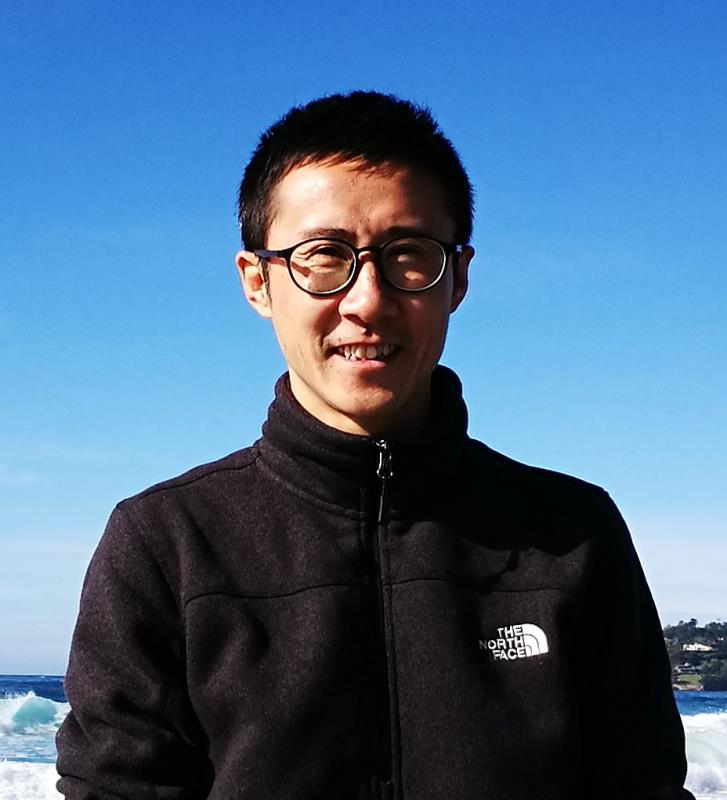
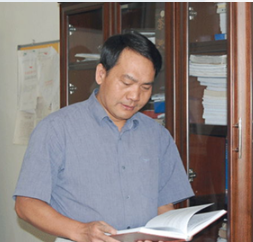 Dr. You-He Zhou
Dr. You-He Zhou
 Prof. Pedro Marcal
Prof. Pedro Marcal
Dr. Marcal is the author of over 100 scientific papers on Finite Element Analysis, Fatigue and Fracture, Risk Analysis and AI (expert Systems). He has helped organize many scientific meetings on Computational Structural Mechanics.
Since 2005, Dr. Marcal has been active in NLP. The main objective is the development of a code to understand meaning using Conceptual Dependency. Along the way he has developed new methods to perform syntax free parsing (99.5 % accuracy) and semantic parsing, general purpose Named Entity Recognition, The Automatic Natural Language Abstracting and Processing (ANLAP) program and a Japanese English translator (JEMAP) as well as a ChineseóEnglish translator (CEMAP) See
www.lifecycleVnV.com
 Prof. Ryosuke Matsuzaki
Prof. Ryosuke Matsuzaki
Ryosuke Matsuzaki received his B. Eng., M. Eng., and Dr. Eng. in Mechanical Sciences and Engineering in 2003, 2004, and 2007, respectively, from the Tokyo Institute of Technology, Japan. From 2011, he has been working at the Tokyo University of Science as a Junior Associate Professor(2011-2017), and an Associate Professor (2017-). His research interests include manufacturing of composite materials and 3D printing of composites. He is a member of the Japan Society of Mechanical Engineers (JSME) and Japan Society of Composite Material (JSCM). He received best paper award from American Society for Composites (ASC) and Hayashi award from JSCM.
 Prof. Shinji Nishiwaki
Prof. Shinji Nishiwaki
Shinji Nishiwaki is a Professor at Department of Mechanical Engineering and Science, Kyoto University since 2009. She received the Doctor degree
of Michigan, Department of Mechanical Engineering and Applied Mechanics, January 1995 to June 1998. Her working experience include April 2005 – April 2009, Associate Professor, Department of Aeronautics and Astronautics, Kyoto University, April 2002-March 2005, Associate Professor, Department of Precision Engineering, Kyoto University,
April 1988 – March 2002, Researcher, Toyota Central R&D Labs., Inc.
 Prof. Shigeru Obayashi
Prof. Shigeru Obayashi
Shigeru Obayashi received B.S. and M.S. degree from University of Tsukuba in 1982 and 1984, respectively. He received Doctor of Engineering from University of Tokyo in 1987.
He worked as a visiting scientist at NASA Ames Research Center from 1987, and then joined the faculty of engineering at Tohoku University as an associate professor in 1994. He is a professor at Institute of Fluid Science, Tohoku University, Sendai, Japan since 2003. He also serves as Director of the Institute since 2014. His current research interests include computational fluid dynamics, multidisciplinary design optimization, evolutionary computation, data mining and their real-world applications. Prof. Obayashi is President (2018) and Fellow of the Japan Society for Aeronautical and Space Sciences, the former President of the Japanese Society for Evolutionary Computation (2015-2016), Associate Fellow of the American Institute of Aeronautics and Astronautics, Fellow of the Japan Society of Mechanical Engineer, Fellow of the Japan Society of Fluid Mechanics. His awards and honors include 1993 NASA Ames Honor Award, 2012 Computational Mechanics Award, the Japan Society of Mechanical Engineers and 2014 the Commendation for Science and Technology by the Minister of Education, Culture, Sports, Science and Technology.
 Prof. Hiroshi Okada
Prof. Hiroshi Okada
Hiroshi Okada has worked on the Boundary Element Method, Automobile Crash Analysis, Computational Meso-mechanics analysis such as Homogenization Method, etc. Currently, his research interests are in the field of Computational Engineering Fracture Mechanics. He has proposed efficient and accurate methodologies for the evaluations of linear and nonlinear fracture mechanics parameters from the results of finite element analysis using automatically generated mesh with the tetrahedral finite element. He and his colleagues are developing crack propagation analysis software system. He has published 90 archival papers in international and domestic journals. He has made a numerous international and domestic conference presentations. He was the recipient of The JACM (Japan Association for Computational Mechanics) Computational Mechanics Award.
 Prof. Zhiguo Qu
Prof. Zhiguo Qu
Professor Qu is a full professor in the School of Energy & Power Engineering at Xi’an Jiaotong University. He obtained his PhD degree in engineering thermophysics from Xi’an Jiaotong University in 2005. He worked as a visiting scholar at Advanced Heat Transfer, LLC USA and Pennsylvania State University in 2006 and 2013. His main research interests include thermal management of energy system, phase change heat transfer, transport phenomena in porous media, mass transfer for CO2 absorption. He has published 136 SCI indexed papers in peer-reviewed journals and has been serving as the editorial board member for several journals. Prof. Qu has been awarded Second Class National Award for the State Scientific and Technological Progress (Rank 2) and Second Class National Award for Technological Invention (Rank 3). He is a recipient of Young Scholars of the Yangtze River, National Young Top-notch Talent Support Program, China National Funds for Excellent Young Scientists, Young Scholar Fund from Fok Ying Tung Education Foundation of China and the Ministry of education program for New Century Excellent Talents.

Prof. M. Ziad Saghir
Prof M. Ziad Saghir is a Professor at Ryerson University and Canada’s most experienced reduced-gravity researcher. He is Canada’s top performer at leveraging departmental and provincial research funds with national (NSERC, CSA) and international funding agencies to pursue Canadian space science objectives onboard the International Space Station (ISS). His talent as a space scientist and university educator is consistently requested by the international space physical science mission community. He leads a group of very strong graduate students and post-docs that come from academia and industry, with interest in and application to deep hydrocarbon reservoirs. His innovation is recognized internationally through consistent invitations from European researchers that identify him as applying the maximum knowledge gained from long-duration gravity-driven phenomena in fluid physics to industrial processes. He has been PI or Co-I of Foton-M2 and M3 SCCO recoverable satellite missions (2007), the ISS SODI-IVIDIL (2009) and DSC (2010) missions, the ISS SODI-DCMIX mission (2011-15), and was the national coordinator of the CSA discipline working group on the role of gravity in metals and alloys. Canada’s contribution to the SODI-DCMIX mission is to clarify the role of gravity on the movement of hydrocarbons across temperature gradients – important knowledge for Canada’s deep oil reservoir sector (Hybernia Oil field and Northern exploration of oil reservoir deposits). Over the past decade, Prof. Saghir has been working in collaboration with TOTAL and researchers in France to apply innovation to benefit Canada’s competitiveness in hydrocarbon extraction from oil reservoirs, a top priority of the Federal Government. Maintaining a good funding for his scientific participation in ISS missions would allow Canada to leverage in ISS hardware and on-orbit resources from our ISS Partners, and directly apply gravity-driven knowledge to benefit Canada’s industry in the energy sector for a priority activity of the Government of Canada. He has published over 200 scientific journal paper related to energy. He is currently the chair of the International conference on Thermal Engineering (www.ictea.ca).
 Prof. Božidar Šarler
Prof. Božidar Šarler
Professor Božidar Šarler is Chair of Department of Fluid Dynamics and Thermodynamics at the Faculty of Mechanical Engineering, University of Ljubljana. He is also Head of Laboratory for Simulation of Materials and Processes at the Institute of Metals and Technology in Ljubljana, Slovenia. He has worked outside Slovenia cumulative for more than four years as a visiting researcher or professor at Centre of Nuclear Studies, Saclay; University Erlangen-Nuremberg, Nuremberg; Argonne National Laboratories, Chicago; University of Nevada, Las Vegas; University of Pierre and Marie Curie, Paris; Polish Academy of Sciences, Warsaw and University of Parthenope, Naples. He is holding adjunct professor position at University of Southern Queensland, Australia and Taiyuan University of Technology, China. His present research interest is computational modeling of materials and processes, development of meshless numerical methods and physical models for multiphase systems, modeling, simulation, verification and optimization steel and aluminum process routes. He was responsible for modernization and introduction of computational modeling in several steelworks and aluminum plants in Europe and China. He has published 150 scientific papers, 15 book chapters and edited 8 books with selected papers from international conferences and contemporary research. Contributed to 250 technical reports. He has managed several international projects within EU frameworks, NATO, and National Academies, USA. He received the following awards and recognitions: 2009 EMERALD Literati Highly commended and 2014 Best paper award. 2006 Highest Slovenian state recognition for technology. 2016 Highest Slovenian state award for science, 2017 ICCES distinguished fellow award. Best paper selection at 9 international conferences. He presented keynotes at conferences of the prestigious type like PRACE, EUROMAT, EUROSIM (EU), THERMACOMP (UK), ICCES (USA), TMS (USA) and Asian Congress on Computational Mechanics (Singapore). He is currently a member of the editorial boards of several international journals and two book series. He has organized eight international conferences on solid-liquid phase change processes, moving and free boundary problems, and meshless methods. His Ph.D. students received several awards such as two times ECCOMAS best Ph.D. finalist award, Jožef Stefan golden emblem award, best Ph.D. in heat and fluid flow award, etc.

Prof. Guangyu SHI
Dr. Guangyu SHI is a professor in Department of Mechanics, Tianjin University, China. He received his Ph.D. from Georgia Institute of Technology, USA. His research interests include computational solid mechanics, mechanics of composite materials, nonlinear analysis of structures, refined theories of plates and shells, modeling of porous materials, damage and fracture mechanics. He has published over 100 refereed research papers.
 Prof. Ryuji Shioya
Prof. Ryuji Shioya
Ryuji Shioya is Professor of Faculty of Information Sciences and Arts at Toyo University in Japan. He received the B.Eng. in Nuclear Engineering in 1991, the M.Eng. in Nuclear Engineering in 1993 and Ph.D in Quantum Engineering and Systems Science in 1996 from University of Tokyo, Japan. He was an Assistant Professor (1996-1997) at University of Tokyo, Lecturer (1998-2000) and Associate Professor (2000-2008) at Kyushu University, Japan before joining Toyo University. He has extensive research experiences in the field of supercomputing and computational mechanics. He is currently a director of a project, “Development of a Numerical Library based on Hierarchical Domain Decomposition for Post Petascale Simulation”, which is one of project in JST (Japan Science and Technology Agency) Basic Research Programs: CREST Development of System Software Technologies for post-Peta Scale High Performance Computing.
 Prof. J
an Sladek
Prof. J
an Sladek
Dr. Jan Sladek, researcher worker at the Slovak Academy of Sciences, received his Ph.D. in Applied Mechanics at the Institute of Construction of Architecture, Slovak Academy of Sciences, Slovakia in 1981. Now, he is in the position of the Head of the Department of Mechanics at the same institute. He is also Full Professor at Mechanical Engineering Department of Slovak Technical University and President of Slovak Society for Mechanics. His principal research area is modeling of advanced materials. He has also been a visiting professor/scholar at Cornell University, University of California (Los Angeles, Irvine), Northwestern University, Technical University of Vienna, University of Siegen (Germany), University of Gent (Belgium), Wessex Institute of Technology (U.K.) University of London, Queen Mary College and Shinshu University (Japan). He also serves for five Governmental Scientific Committees in Slovakia and editorial board of seven international journals
. He has published 461 refereed papers and 7 monographs (books). His research works are cited more than 7451 (see Google scholar,
http://scholar.google.com/citations?user=EuDw2JcAAAAJ&hl=en ). His research works have been honored many times. He has received the Prize of Slovak Academy of Sciences twice (1985, 2003) and the Prize of Slovak Literal Foundation also twice (1986, 1999). He was awarded by Aurel Stodola Prize in 2002 and Eric Reissner medal in 2010 for his distinguished results in mechanics. In 2003 he was elected as a founding member (20 founding members) of the Learning Society of Slovak Academy of Sciences.
 Prof. Vladimir SLADEK
Prof. Vladimir SLADEK
Prof. Vladimir Sladek is Vice-director and researcher at Institute of Construction and Architecture, Slovak Academy of Sciences (SAS), Slovakia. He received his DrSc in Mechanics and Ph.D in Mechanics of Solids, Slovak Academy of Sciences. He was then assigned as Associate Professor in Mechanics at Slovak Technical University Bratislava in 1993, and professor at Technical University of Zilina at 2002. He has also been a visiting professor/scholar at Cornell University, University of California (Los Angeles, Irvine), Shinshu University, Japan, Wessex Institute of Technology. He has published 320 refereed papers and 4 books, 2 books edited, 20 chapters in 11 books. He has 2652 (WOS) + 500 (other) number of citations. His main research fields are Mechanics of solids, Computational mechanics, Boundary element method (BEM), Regularization techniques and Meshless methods. His research works have been honored many times. He has received the Prize of Slovak Academy of Sciences twice (1985, 2003) and the Prize of Slovak Literal Foundation three times (1985, 1998, 2005). He also serves as Editorial board of many journals such as Series Advances in Boundary Elements (UK), Boundary Element Communications, Int. Jour. Eng. Analysis with Boundary Elements, Communications in Numerical Analysis, Journal of Industrial Mathematics and Computational Mechanics.
 Prof. Jurica Sorić
Prof. Jurica Sorić
Prof. Sorić is Head of the Chair of Mechanics and Strength of Materials in the Department of Mechanical Engineering and Naval Architecture at the University of Zagreb in Croatia. His research activities are concerned with the field of Computational Mechanics such as finite element formulations, meshless computational approaches and multiscale modeling of heterogeneous materials. He holds a Ph. D. degree from the University of Zagreb. He was awarded “Alexander von Humboldt” Fellowship (a prestigious research fellowship from Germany) and Fulbright Fellowship. He is an associate member of Croatian Academy of Sciences and Arts and a member of Croatian Academy of Engineering. Besides, he is the member of the Board of Central European Association of Computational Mechanics (CEACM), the General Council member of International Association of Computational Mechanics (IACM) and the Scientific Council member of International Centre for Mechanical Sciences in Udine (CISM).
 Prof. Shuyu Sun
Prof. Shuyu Sun
Prof. Shuyu Sun is currently the Director of the Computational Transport Phenomena Laboratory (CTPL) at King Abdullah University of Science and Technology (KAUST) and a Co-Director of the Center for Subsurface Imaging and Fluid Modeling consortium (CSIM) at KAUST. He is a founding faculty member jointly appointed by the program of Earth Sciences and Engineering (ErSE) and the program of Applied Mathematics and Computational Science (AMCS) at KAUST since 2009. He also holds a number of adjunct faculty positions across the world, including Adjunct Professorship in Xi’an Jiao Tong University, Adjunct Professorship in China University of Petroleum at Beijing, Adjunct Professorship in China University of Petroleum at Qingdao, and Adjunct Professorship in China University of Geosciences at Wuhan. Before joining KAUST, Dr. Sun served as an (tenure-tracked) Assistant Professor of Mathematical Sciences at Clemson University in the United States. He obtained his Ph.D. degree in computational and applied mathematics from The University of Texas at Austin. Prof. Sun’s research includes the modeling and simulation of porous mediaflow at Darcyscales, porescales and molecularscales. Dr. Sun has published 300+ articles, including 180+ refereed journal papers.
 Prof. Akiyuki Takahashi
Prof. Akiyuki Takahashi
Akiyuki Takahashi is an Associate Professor at Tokyo University of Science. He received Ph.D. degree from the University of Tokyo in 2003. He was an Assistant Professor (2003-2007) and Jr. Associate Professor (2008-2011) of Tokyo University of Science. He has worked on the multiscale materials modeling research of plasticity of neutron irradiated steels and strengthened alloys. In addition, his research interest is in the field of computational fracture mechanics. He is developing a fatigue crack growth simulation technique based on the s-version finite element method, and extending the method to consider the crack closure effects. He received 2012 JACM Award for Young Investigators in Computational Mechanics, 2013 APACM Award for Young Investigators in Computational Mechanics and 2017 Achievement Award of Computational Mechanics Division, JSME. He is currently a director of a project, “Development of Computational Science Technologies for the Improvement of Structural Reliability Evaluations and the Elucidation of Fracture Behavior”, which is a funded project in MEXT (Minister of Education, Culture, Sports, Science and Technology).
 Prof. Igor Vušanović
Prof. Igor Vušanović
Igor Vušanović has graduated at University of Belgrade in 1992. He earned his master degree in 1996 at University of Montenegro and PhD in 2002 at the same University. He partially work on his PhD thesis at Purdue University under the supervision of Professor Matthew J. M. Krane. He published as an author and co – author more than 50 articles in scientific peer reviewed international and domestic journals, and international scientific conferences. He organized successfully prestigious ICCES Special symposium on Meshless & Other Novel Computational Methods in 2012, and give invited talks at 5 foreign universities. Igor Vušanović has more than 26 years of professional experience in the field of energy and energy efficiency, modelling in field of materials processing, environmental engineering and thermos-technics. His research area covers: Modelling of phase change phenomena in materials processing, Heat and mass transfer in HVAC systems, advanced technics in numerical modelling, Environmental engineering and sustainable Development. His present position is a Full Professor and Dean of Faculty of Mechanical Engineering at University of Montenegro.
 Prof. Tomonori Yamada
Prof. Tomonori Yamada
Tomonori Yamada is an associate professor at School of Engineering, the University of Tokyo. He received BEng, MEng, Ph.D. degrees from the University of Tokyo in 1995, 1997 and 2003, respectively. He worked for an industrial company (2000-2001), RIKEN (2001-2005), the University of Tokyo (2005-2008, 2012-) and Japan Atomic Energy Agency (2008-2012). His research interest is large scale finite element analysis in fluid-structure interaction problems and his research works have received 2011 JACM Award for Young Investigators in Computational Mechanics, 2010 Young Researcher Award from Computational Science and Engineering Division, AESJ, 2009 JSCES Outstanding Paper Award, 2009 Certificate of Merit: Liquid Propulsion Best Paper from AIAA, 2008 Analytics Challenge Finalists in ACM/IEEE SC2008 and so on.
 Prof. Satoru Yoneyama
Prof. Satoru Yoneyama

Dr. Cheng Wang
Dr. Cheng Wang is a distinguished professor in State Key Laboratory of Explosion Science and Technology, Beijing Institute of Technology. His research area is in Computation explosion Mechanics with a recent focus on multi-scale modelling and simulation of the multi-physical phenomena subjected to explosion and impact loading conditions. Dr. Wang is the director of State Key Laboratory of Explosion Science and Technology, and Outstanding Youth Award from the National Natural Science Foundation of China. Dr. Wang has more than 100 publications based on funded research projects.

Dr. Hao Wang
Dr. Hao Wang is an associate professor with tenure in College of Engineering at Peking University. He entered Tsinghua University in 1996 and obtained his Ph.D. degree in 2004, then 3-years postdoctoral experience at Purdue University. From 2007 till now Dr. Wang has been the director of the Lab of Micro/Nano Heat and Mass Transfer at Peking University. His research on phase change and interfacial phenomena have been supported by the Outstanding Youth Science Foundation of NSFC and Changjiang Youth Scholar Program. He is now trying to pave a way to a comprehensive understanding of the contact line.
 Dr. You-He Zhou
Dr. You-He Zhou
You-He is the Changjiang chair professor of the Ministry of Education of China from 2000, director of the Key Laboratory of Mechanics on Disaster and Environment in Western China, Ministry of Education of China, and dean of the College of Civil Engineering and Mechanics at Lanzhou University. He received his B.S. and M.S. degrees from Huazhong University of Science and Technology in 1981 and 1984, respectivelt, and the PhD from Lanzhou University in 1989. He has served as the faculty member of Lanzhou University since 1990, where he was promoted to associate professor in 1992 and to full professor in 1996. Professor Zhou has a background in electromagnetic behavior and nonlinear solid mechanics. His current research interests are focused on nonlinear dynamics analysis, electro-magneto-solid mechanics, and dynamic control of smart structures, including mechanical properties and behaviors of superconductive materials and structures, giant magnetostrictive materials, and sand movements. In these research fields, he has published more than 200 peer-reviewed international journal papers and one academic book entitled “Solid Mechanics on Electromagnetic Structures”. His research contributiions received several major national awards on science, technology, and even education award in China, and two of his papers published on the international journal of IEEE Trans. Applied Superconductivity in 2007 were awarded the Best Contribution Prize by the IEEE Superconductivity Council in 2008.
Other Professors
Krishnaswamy

